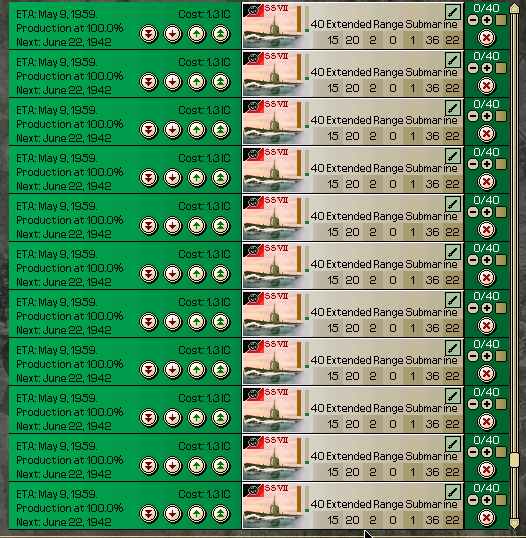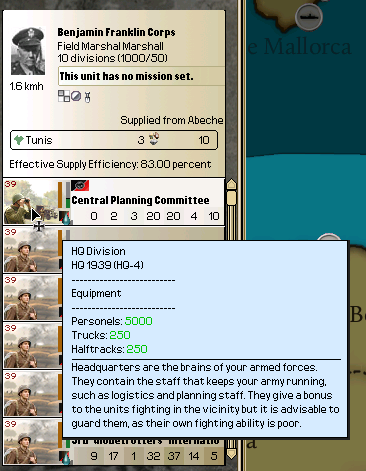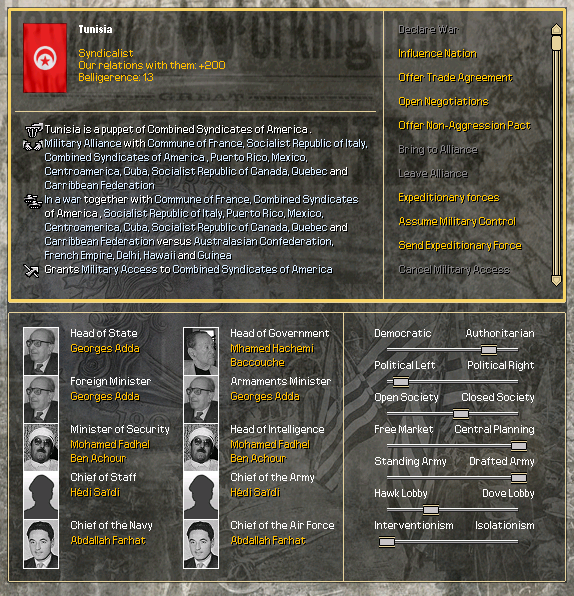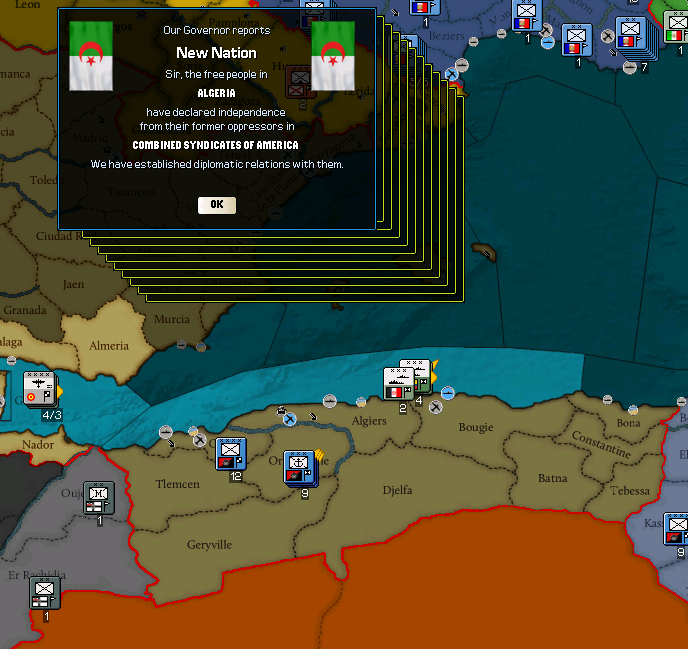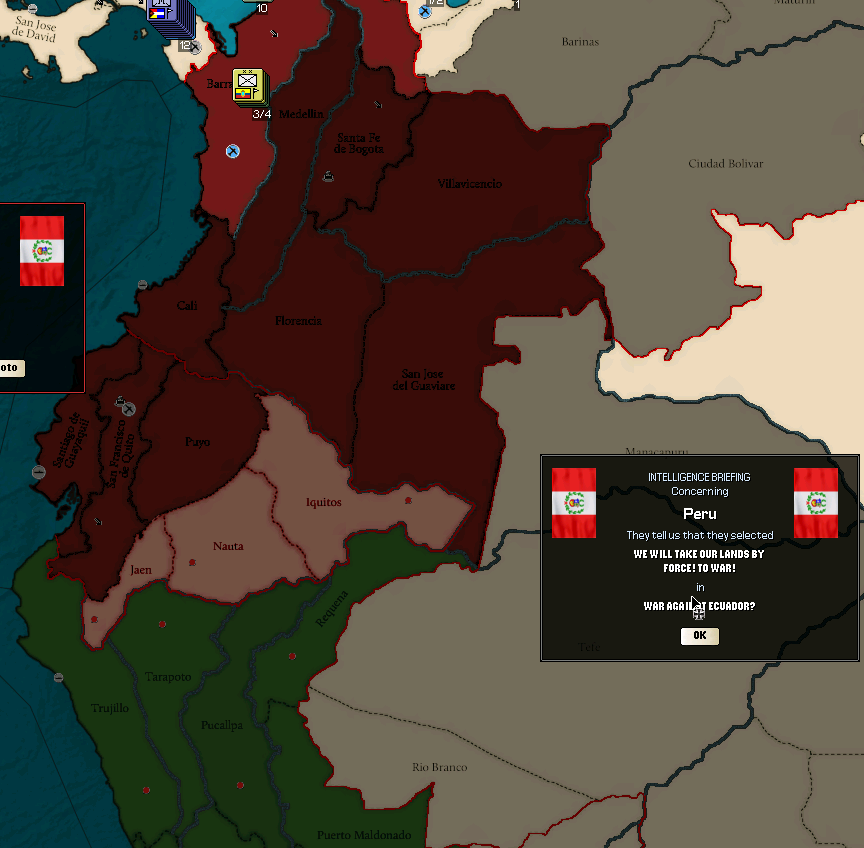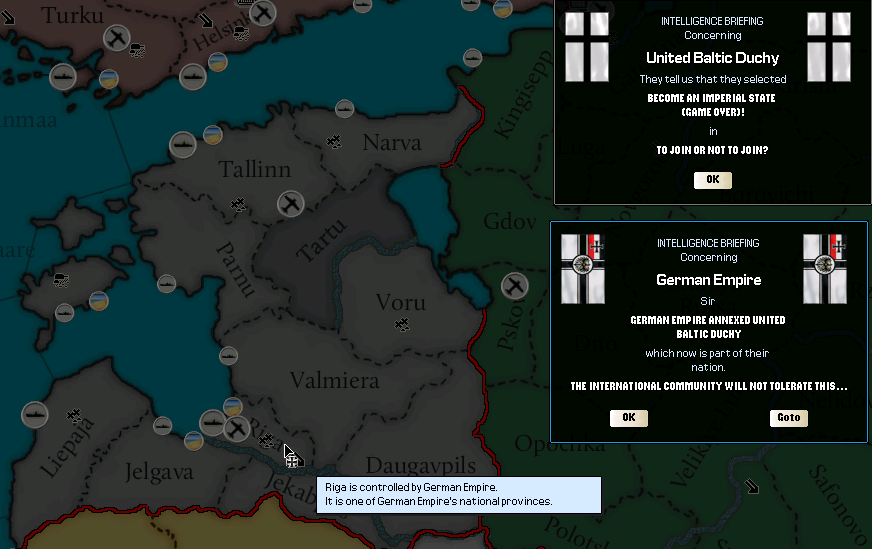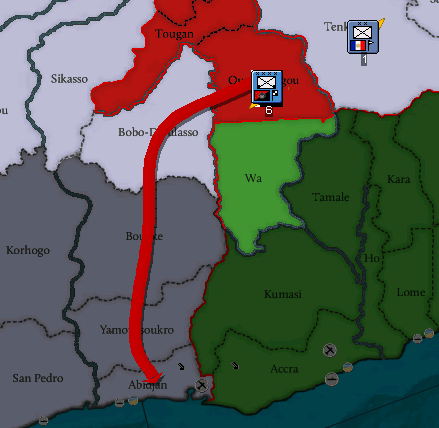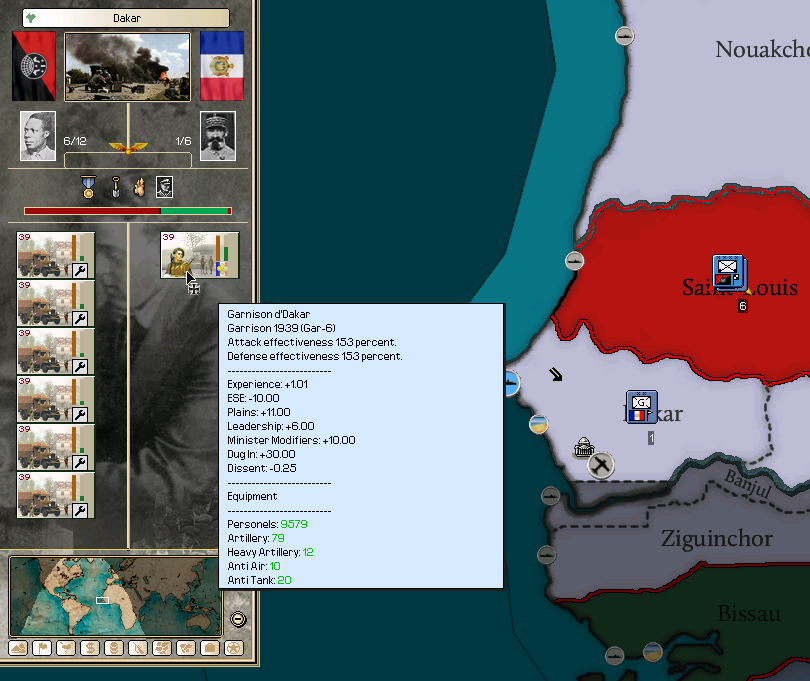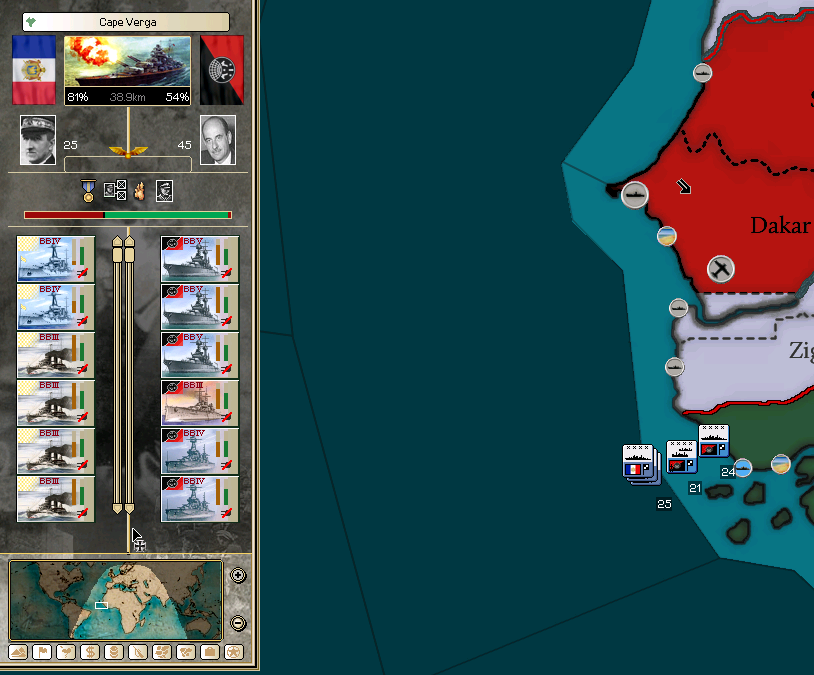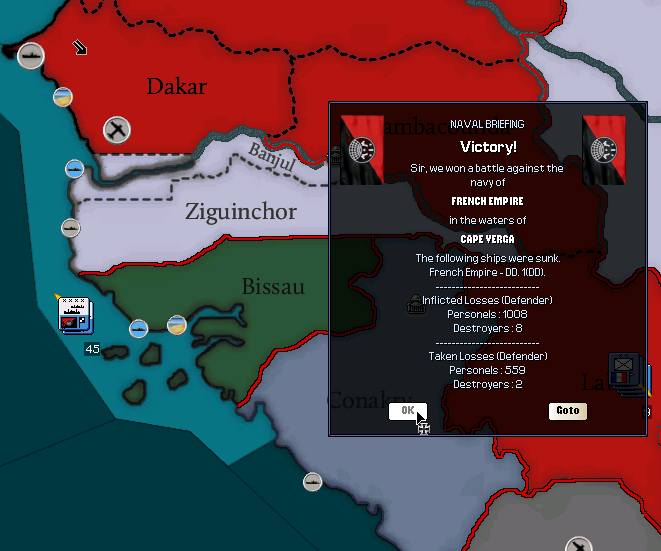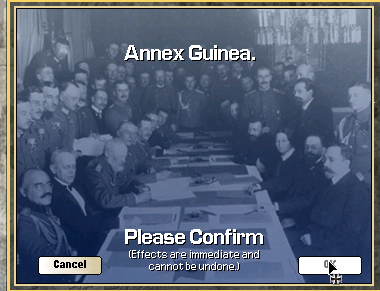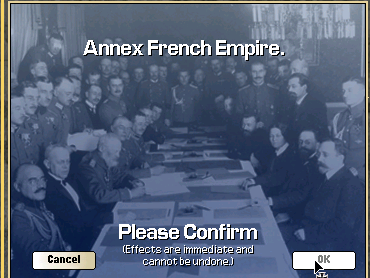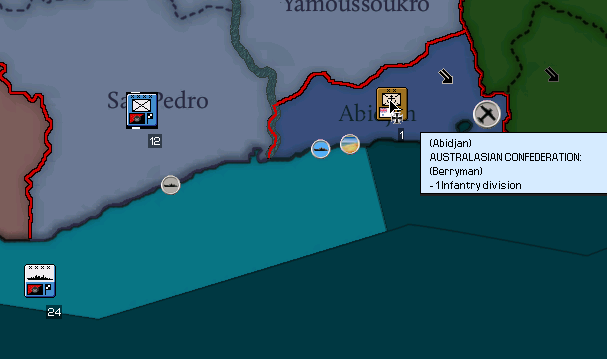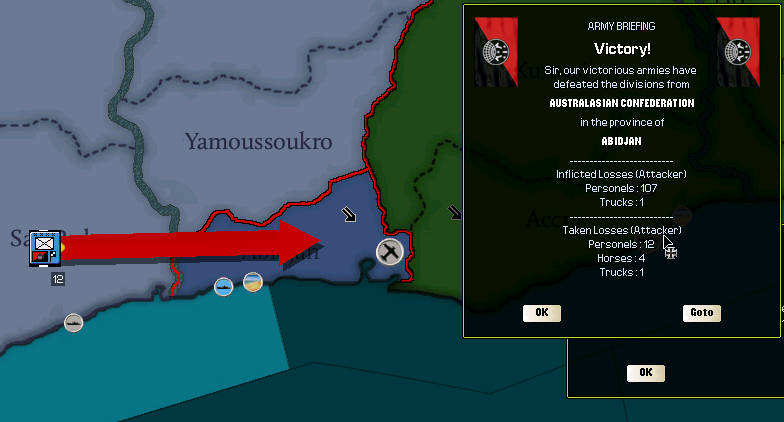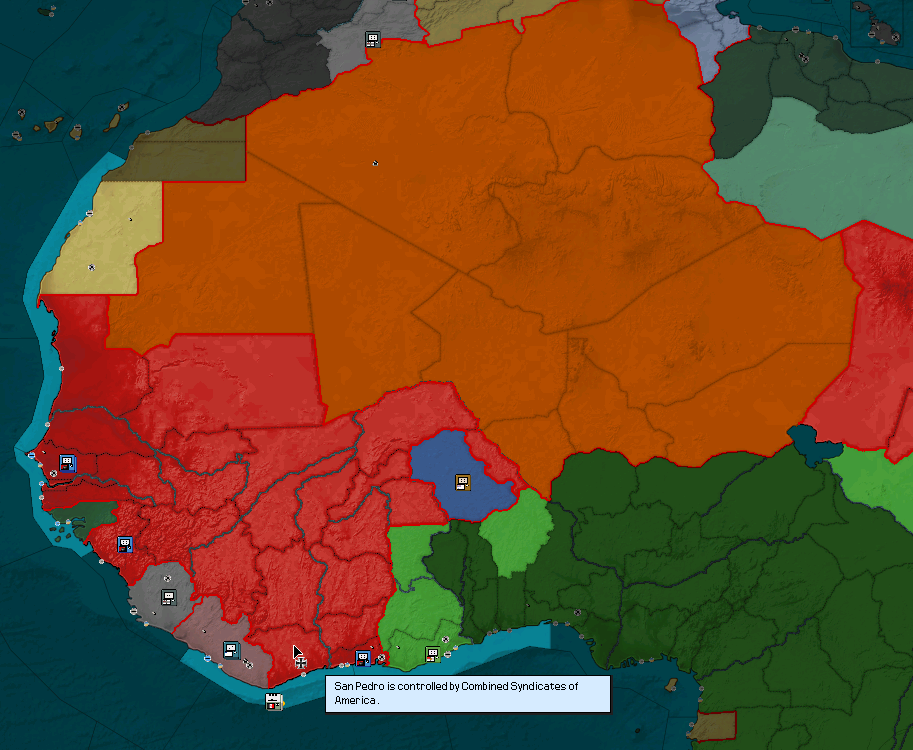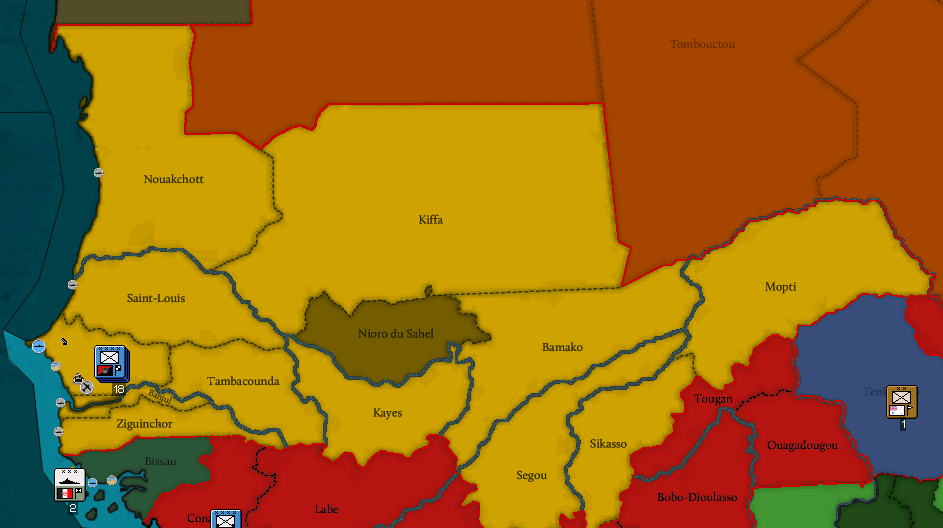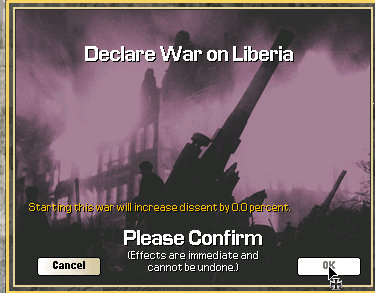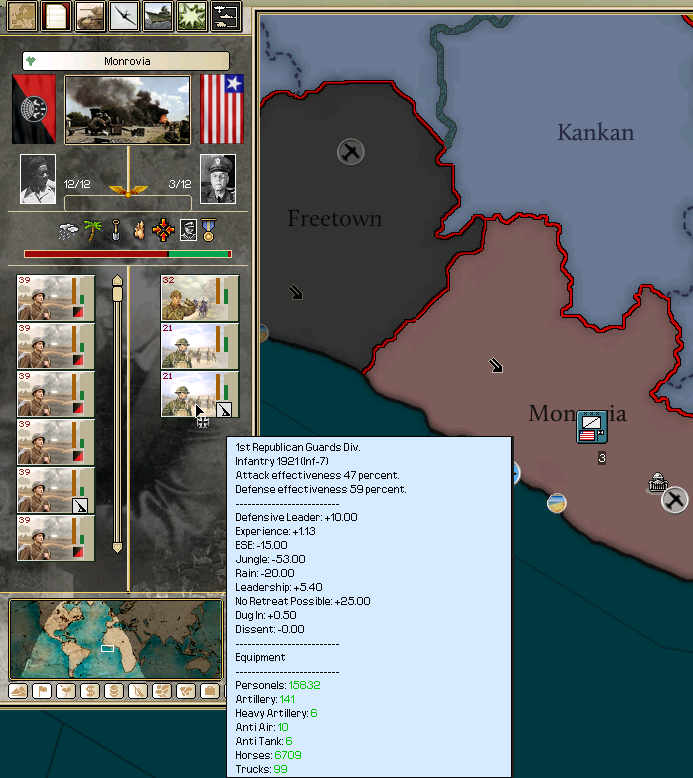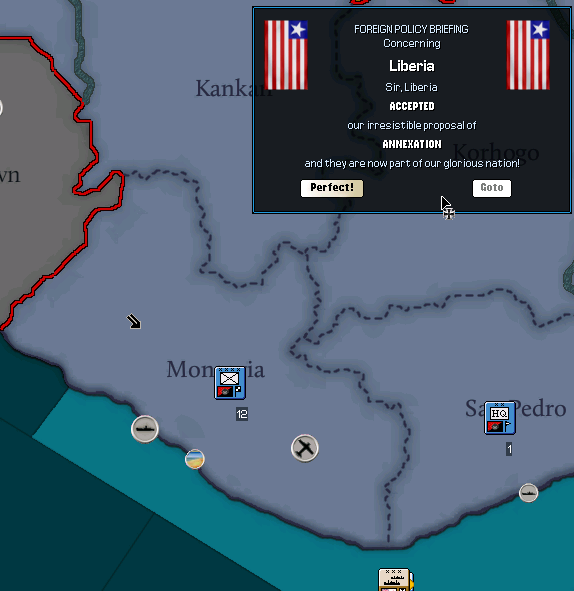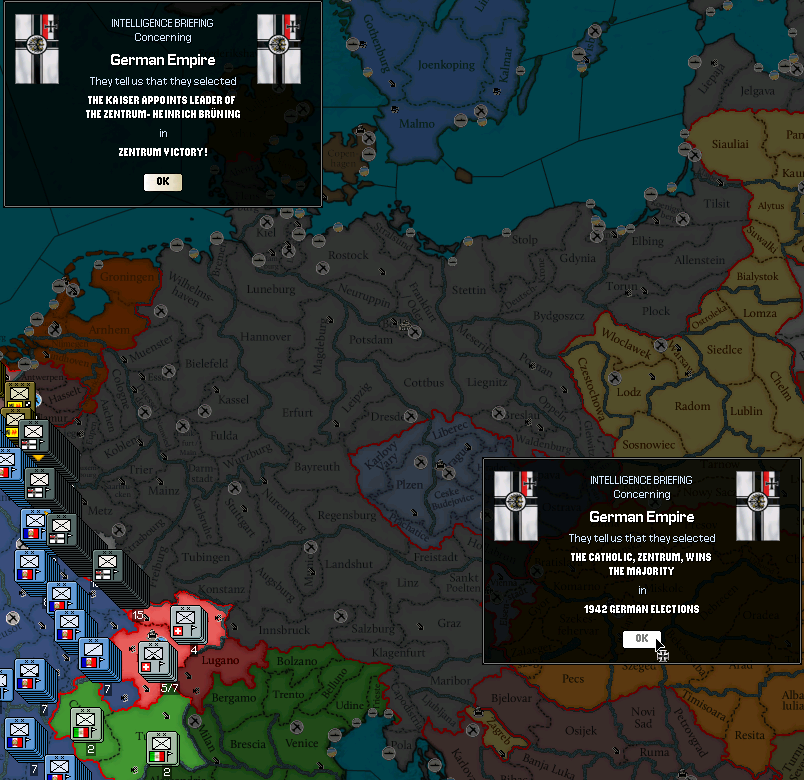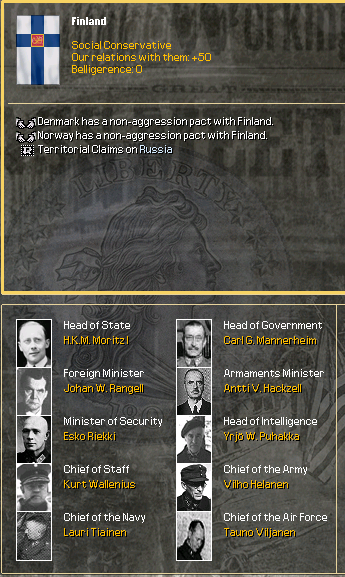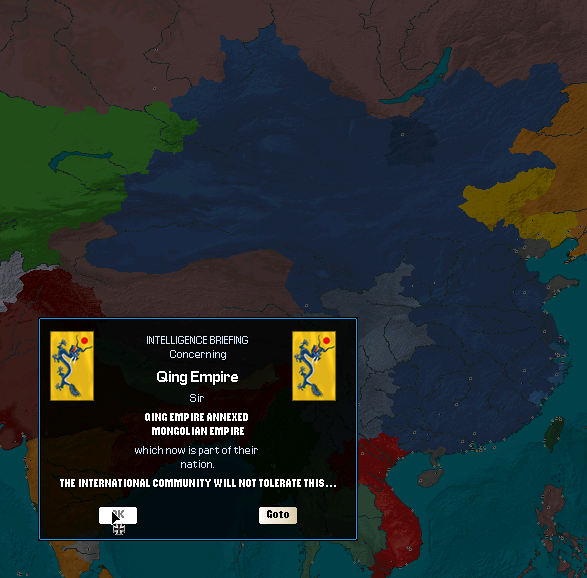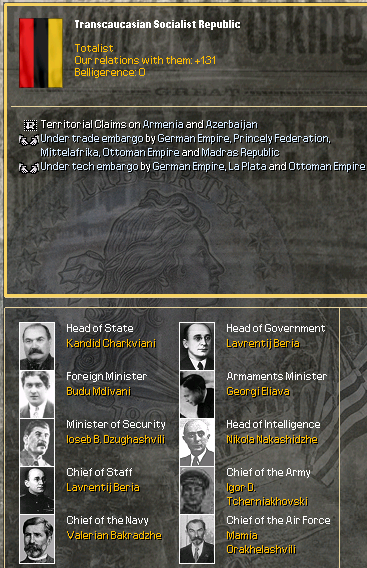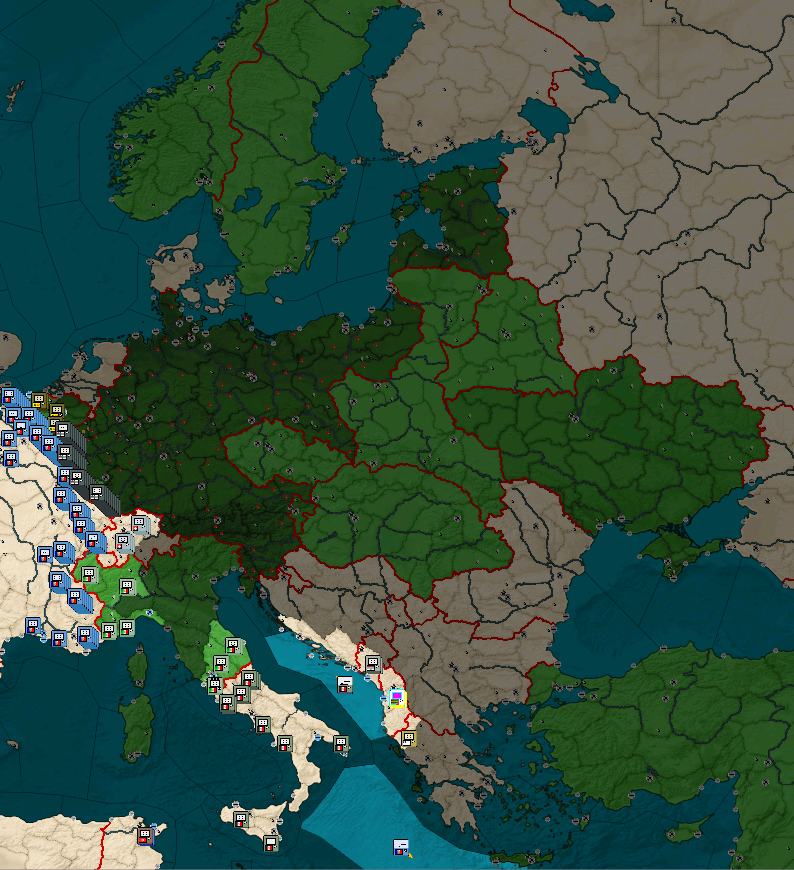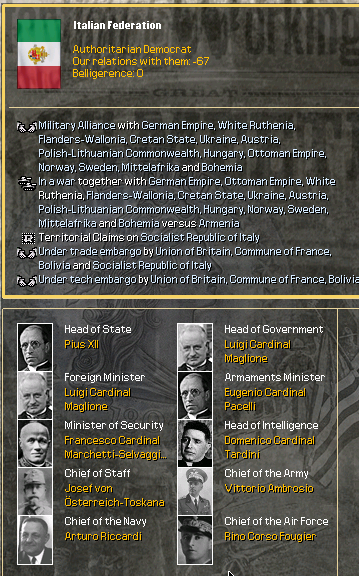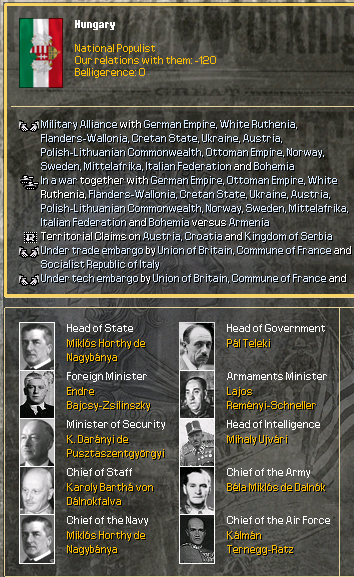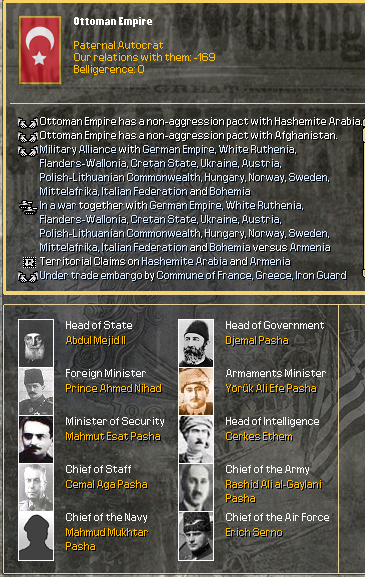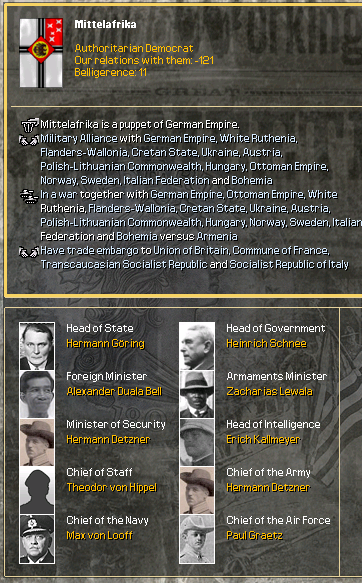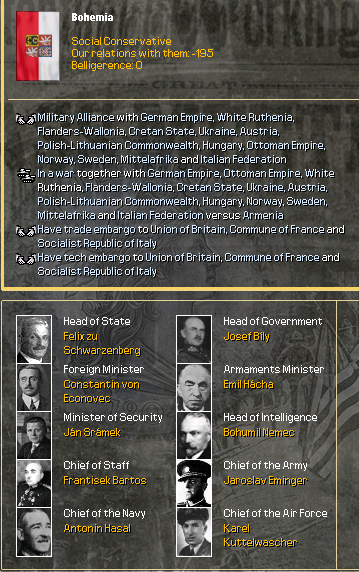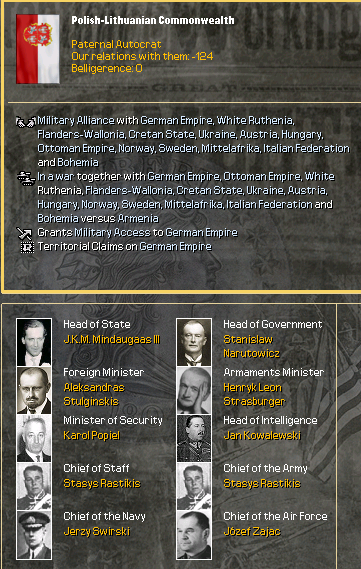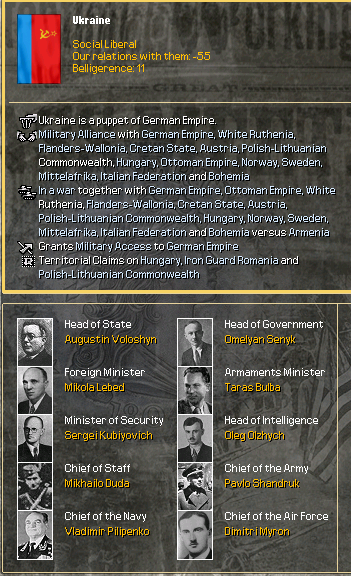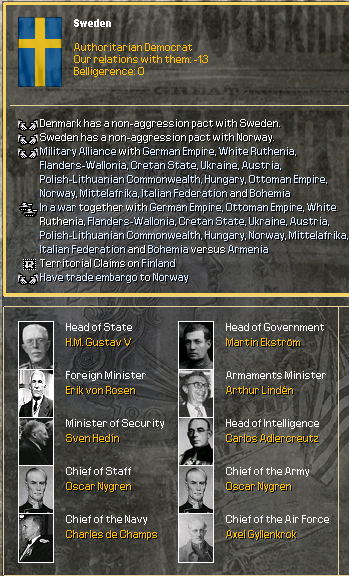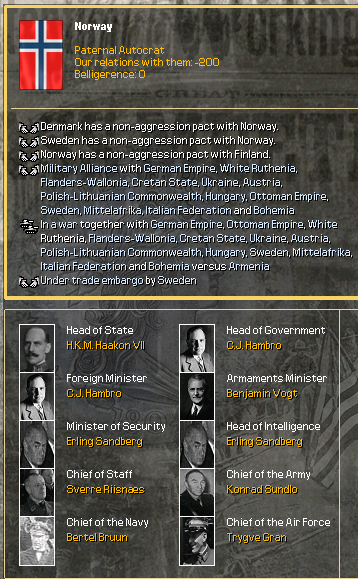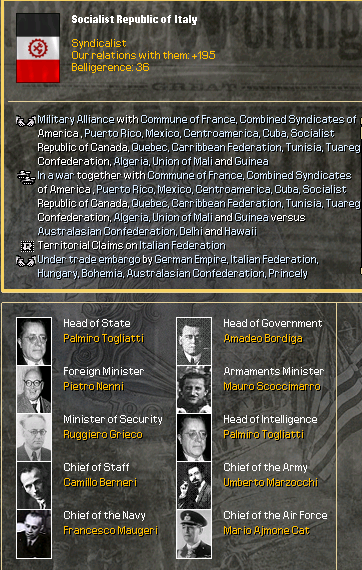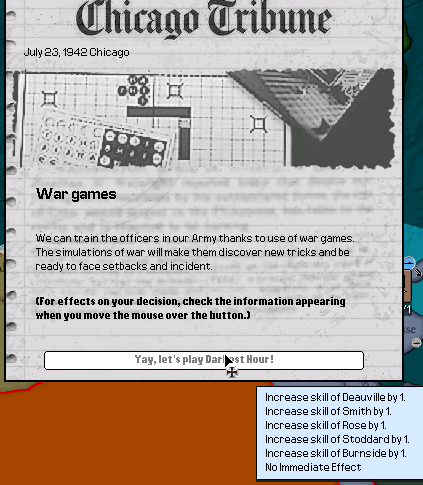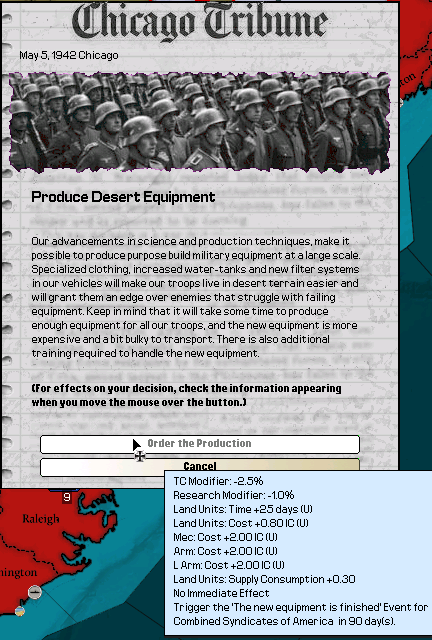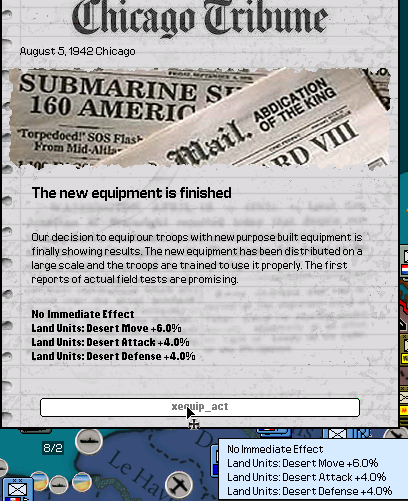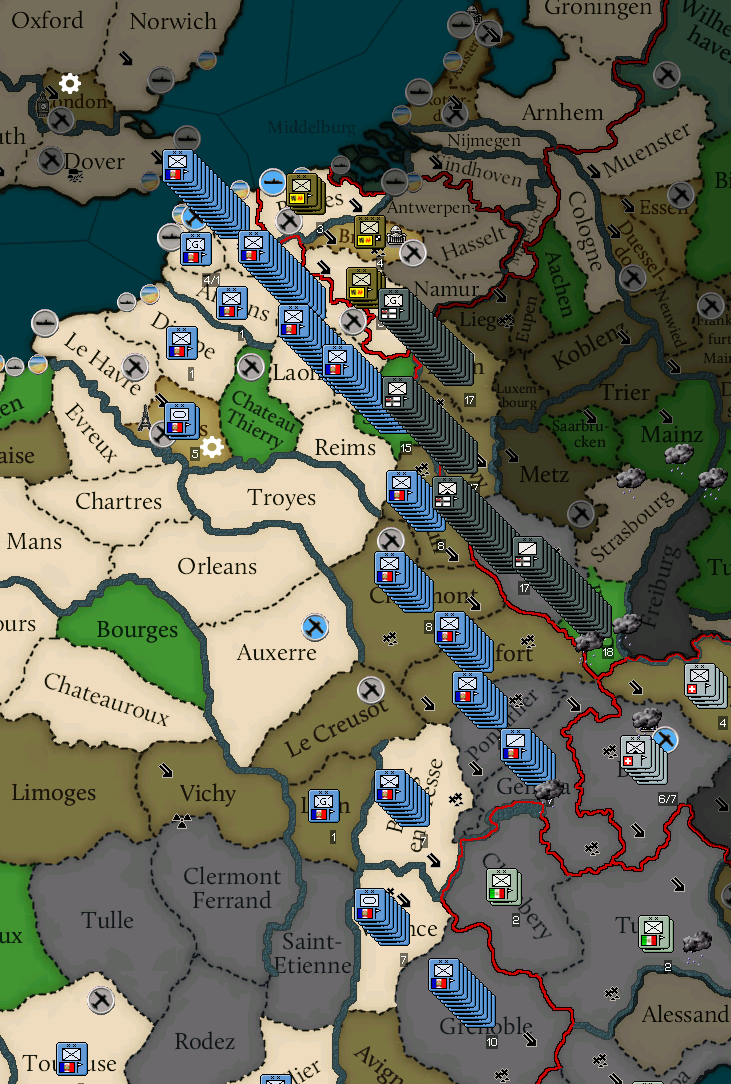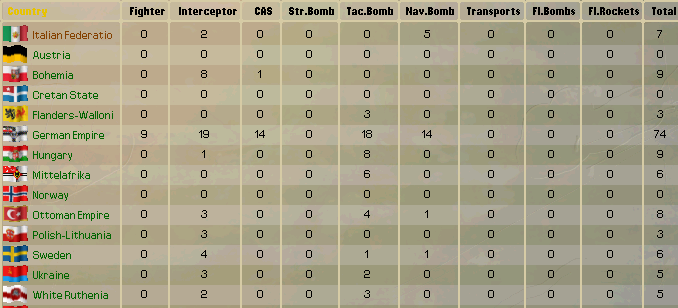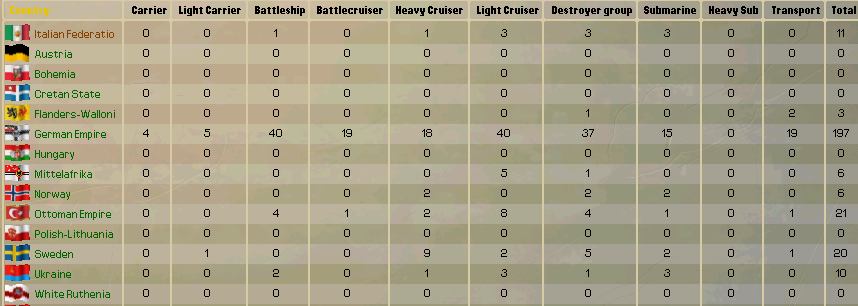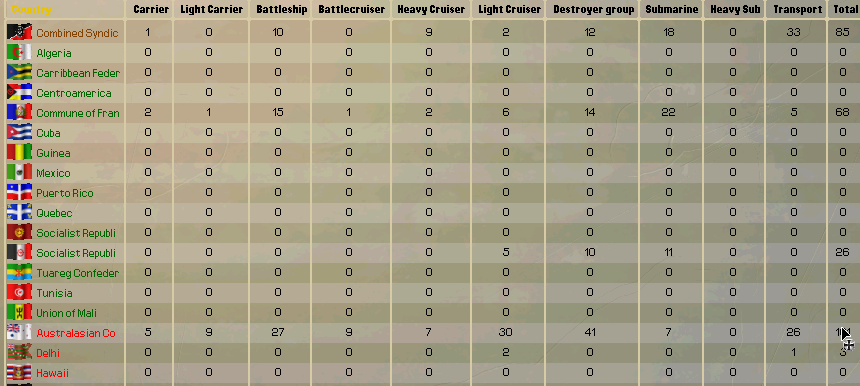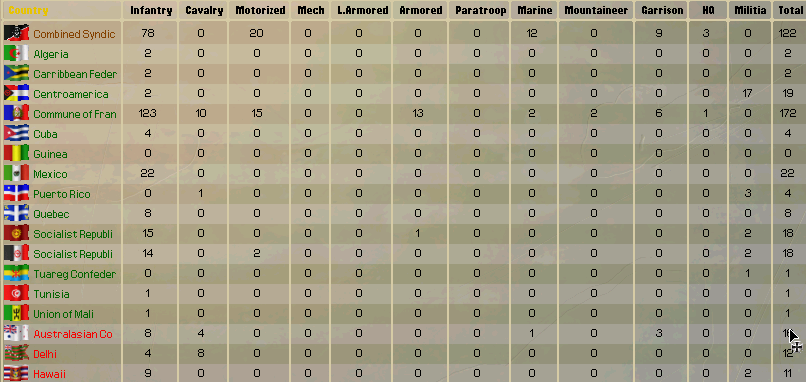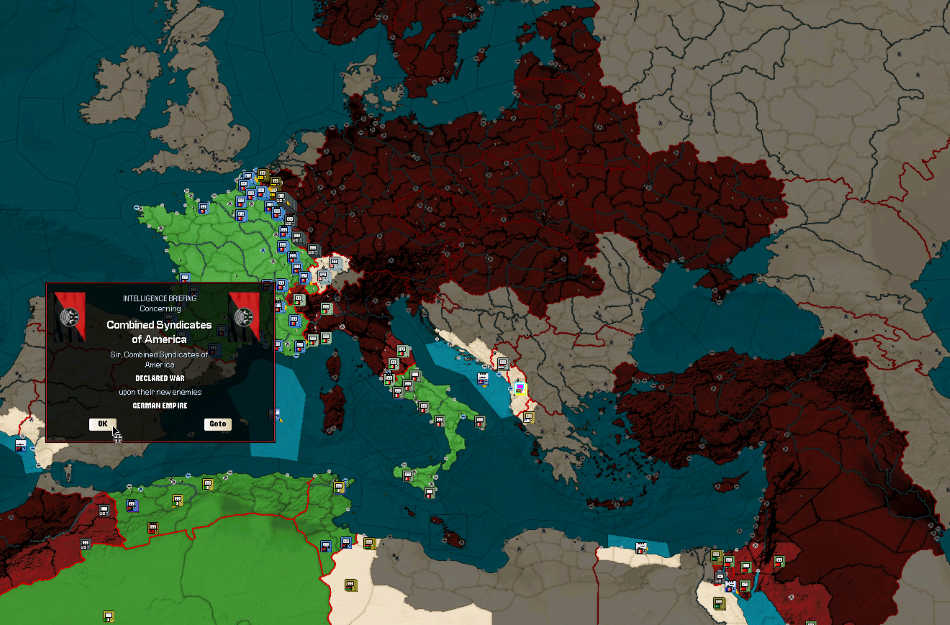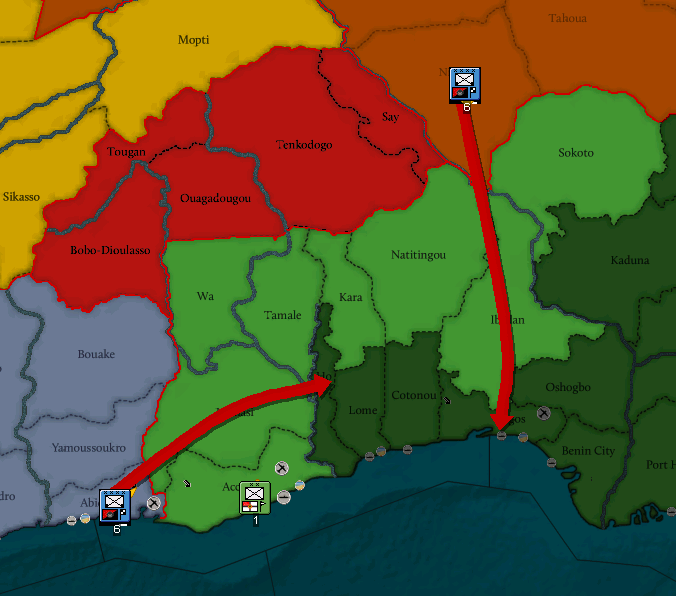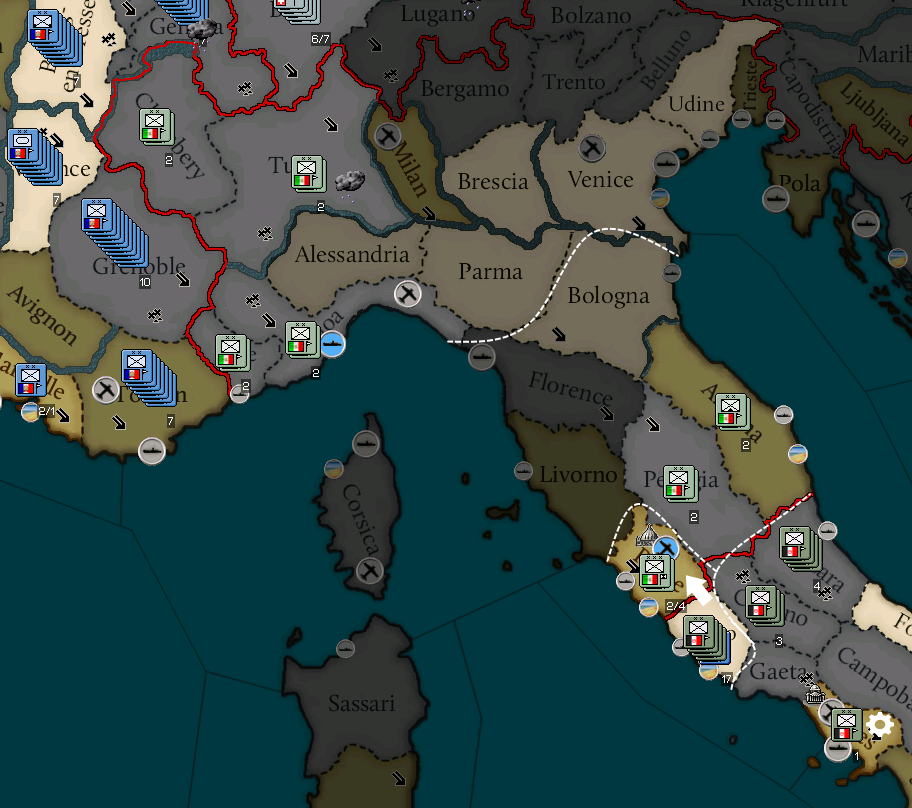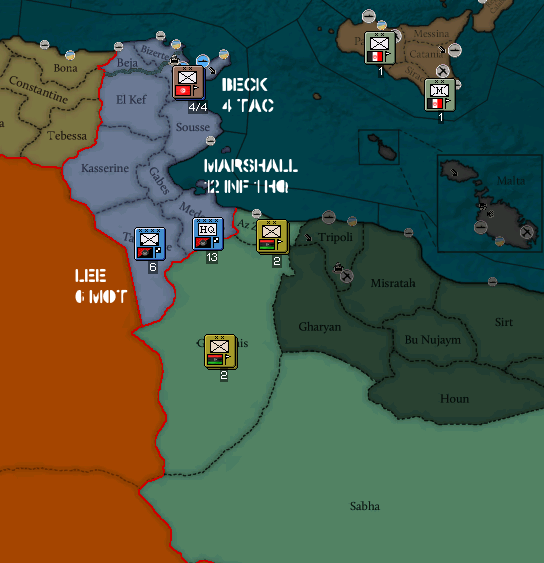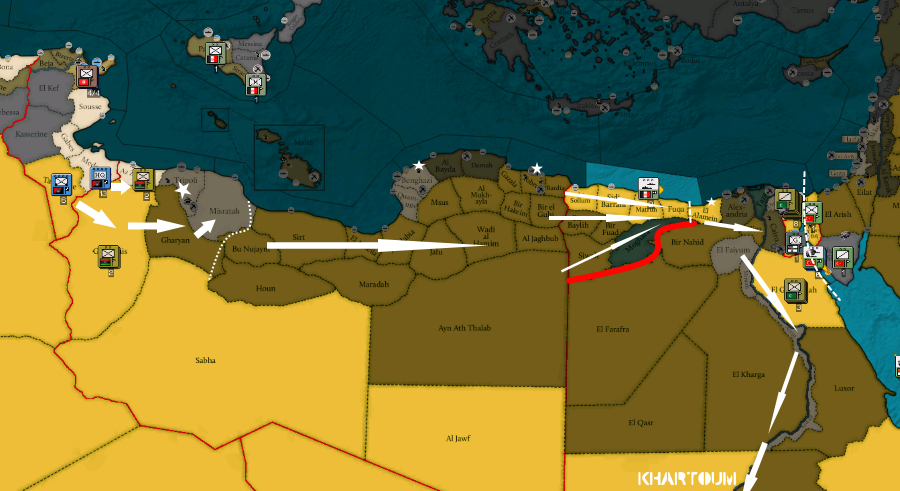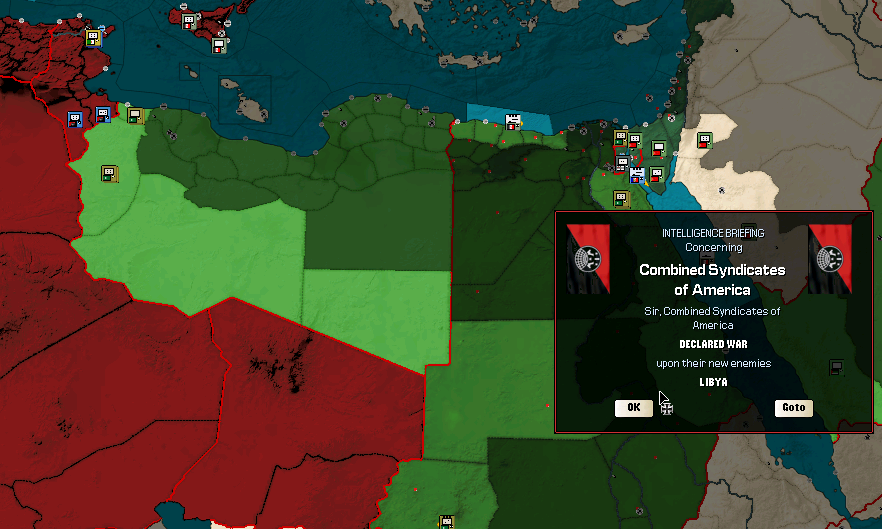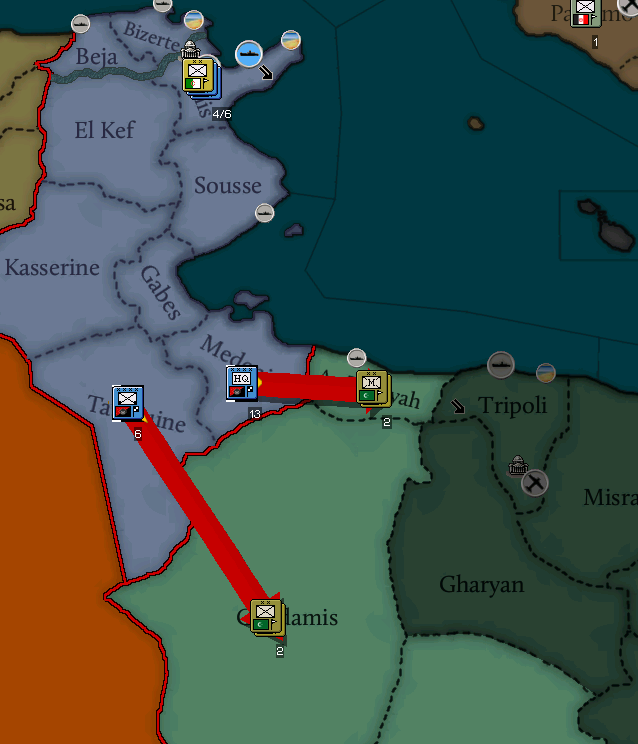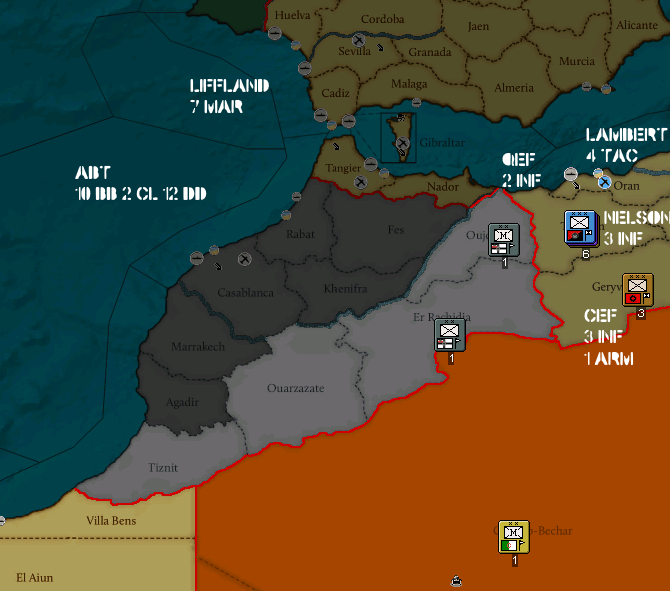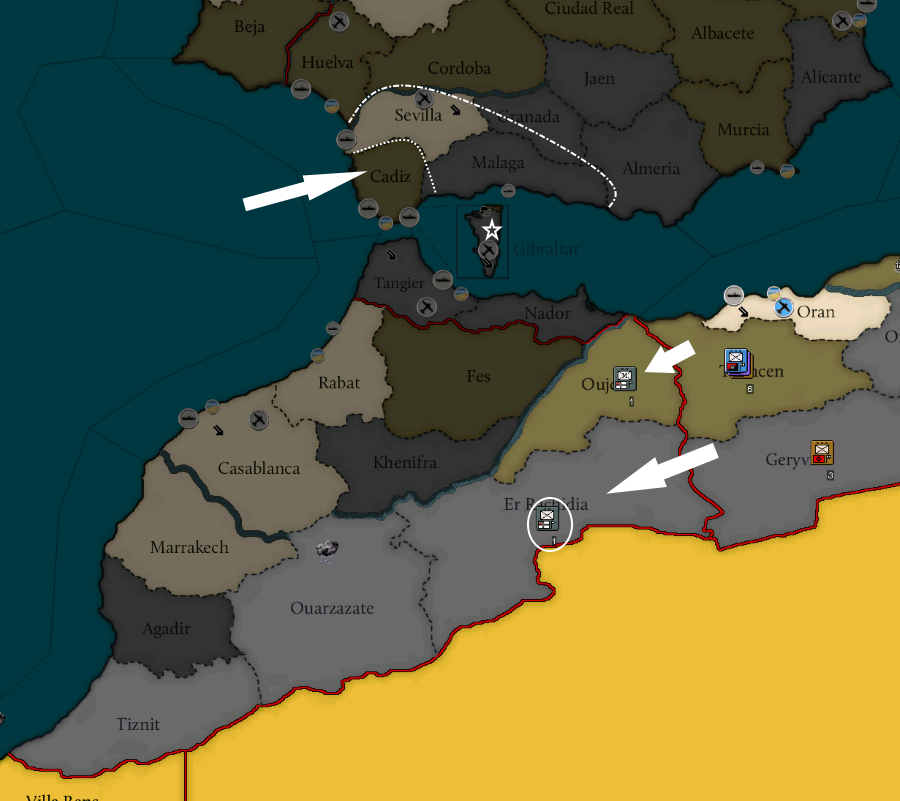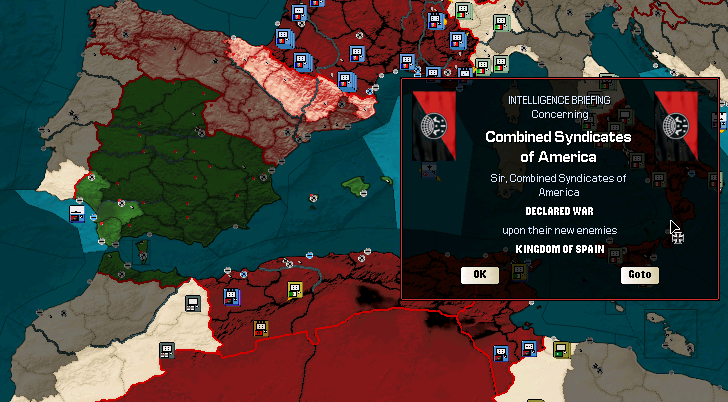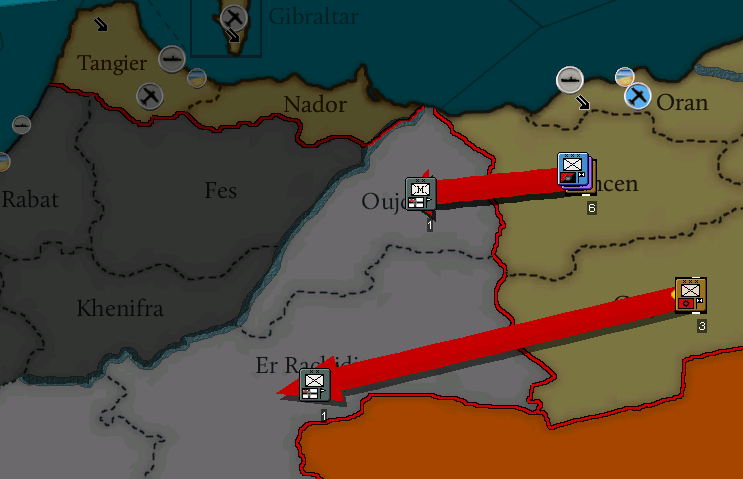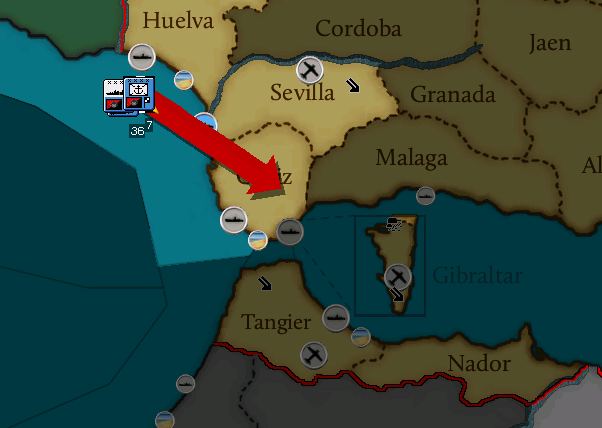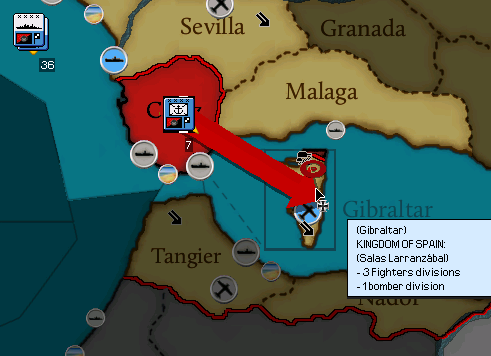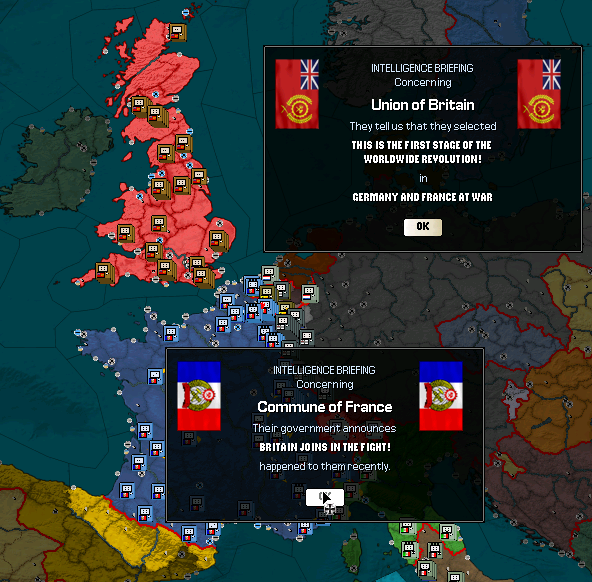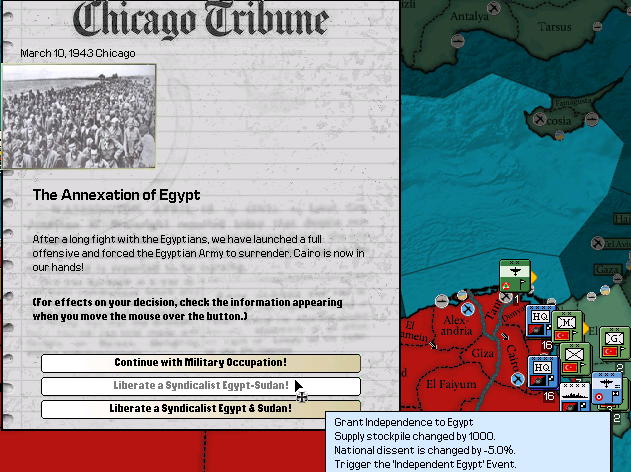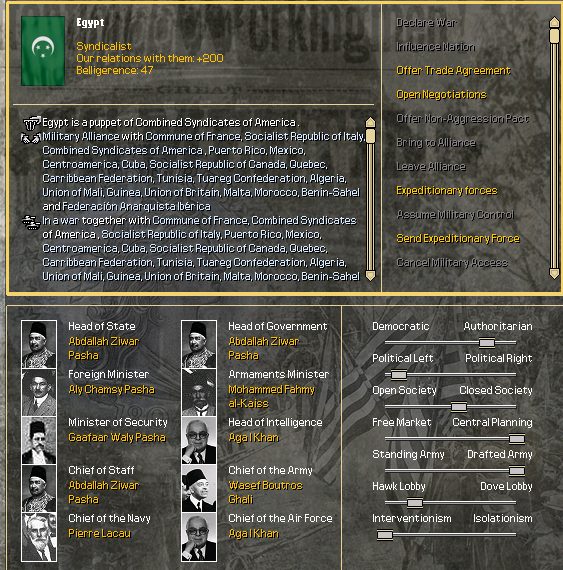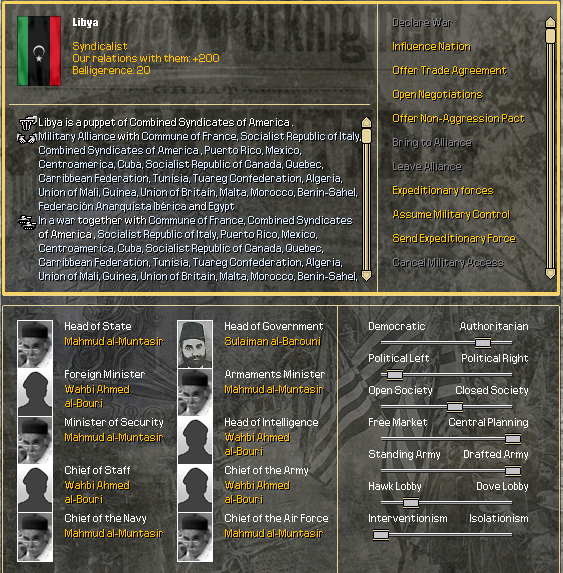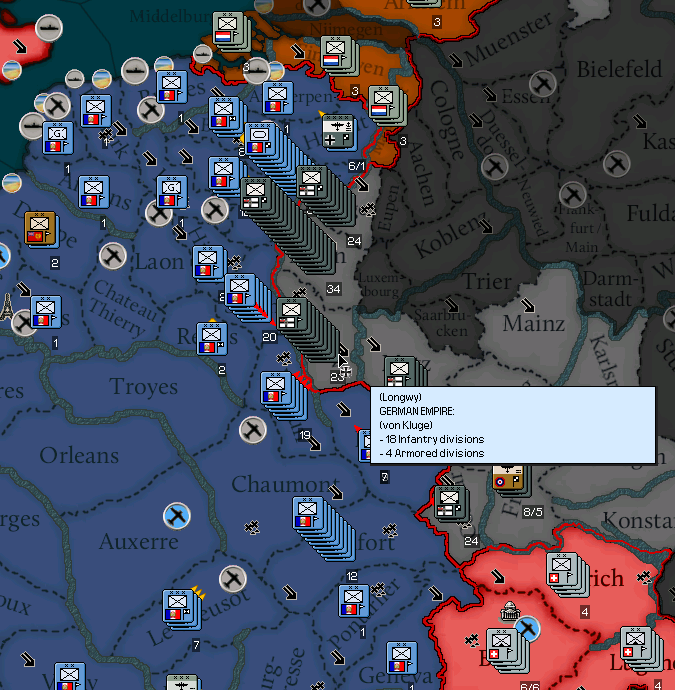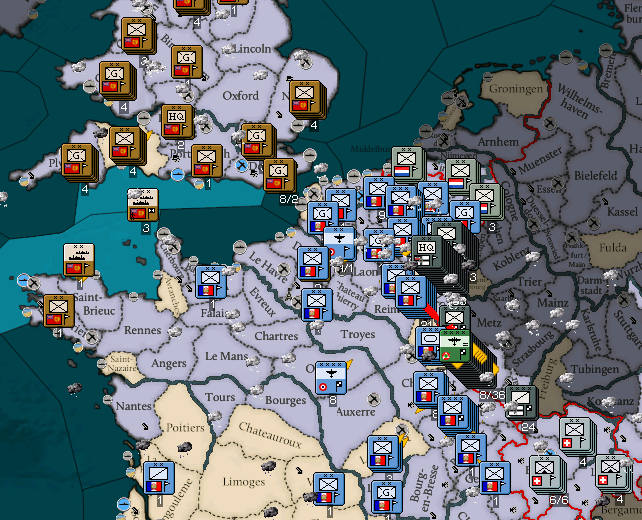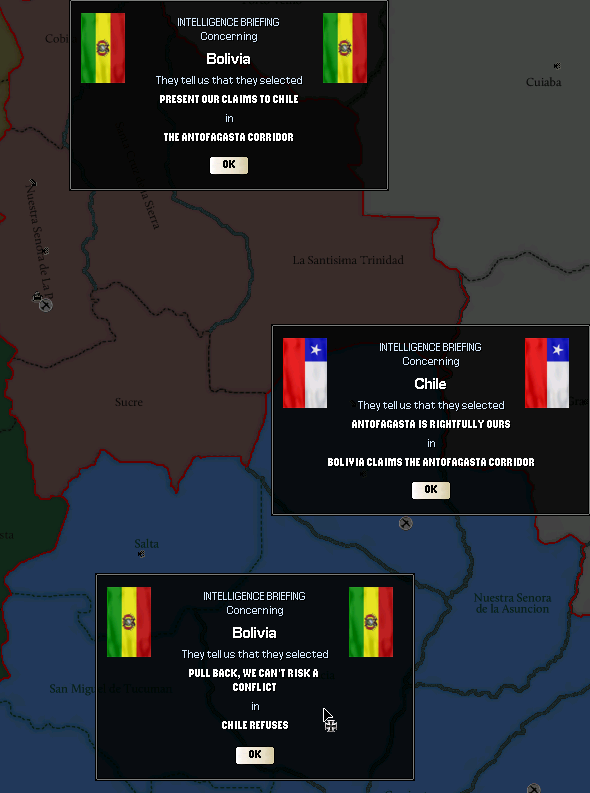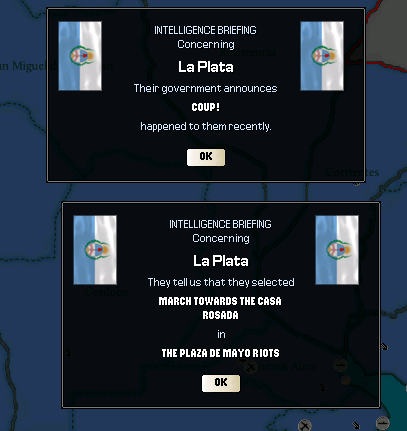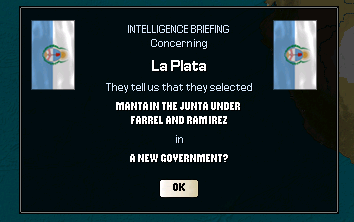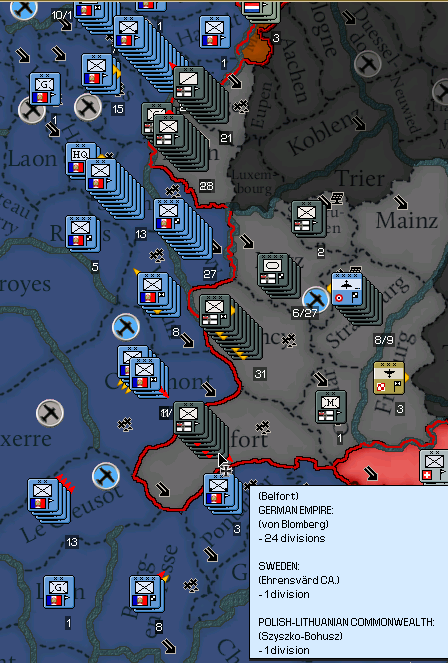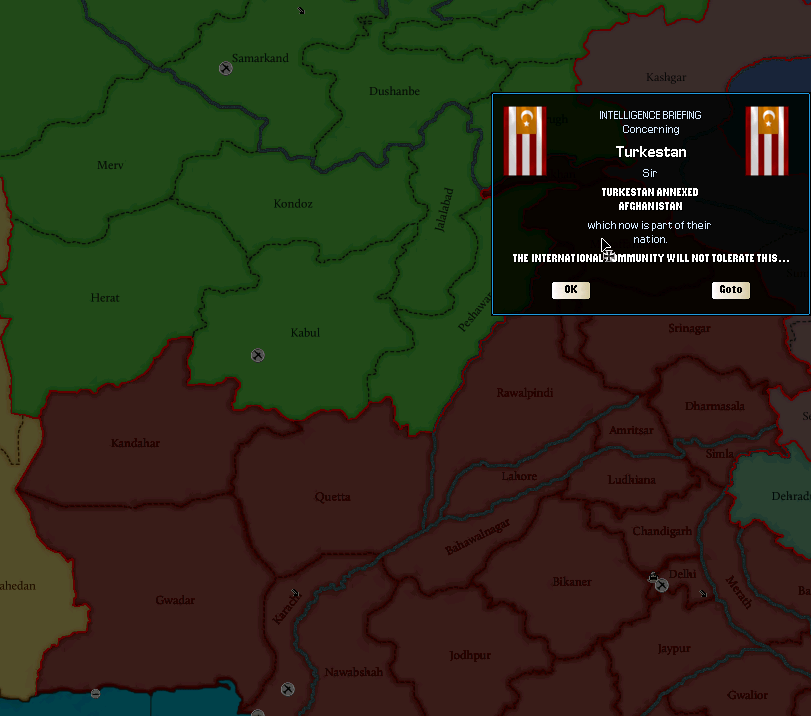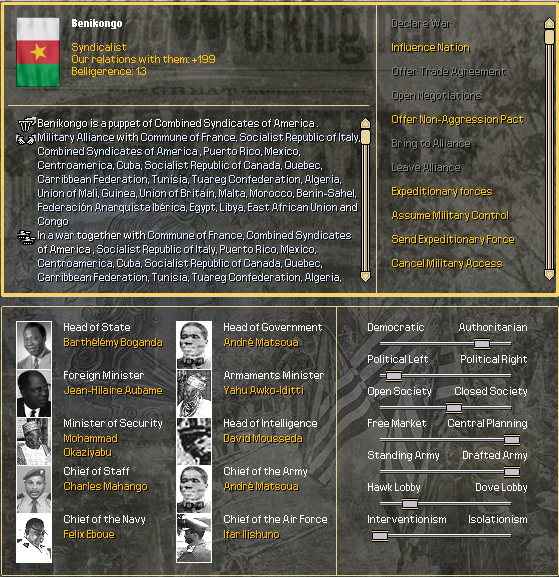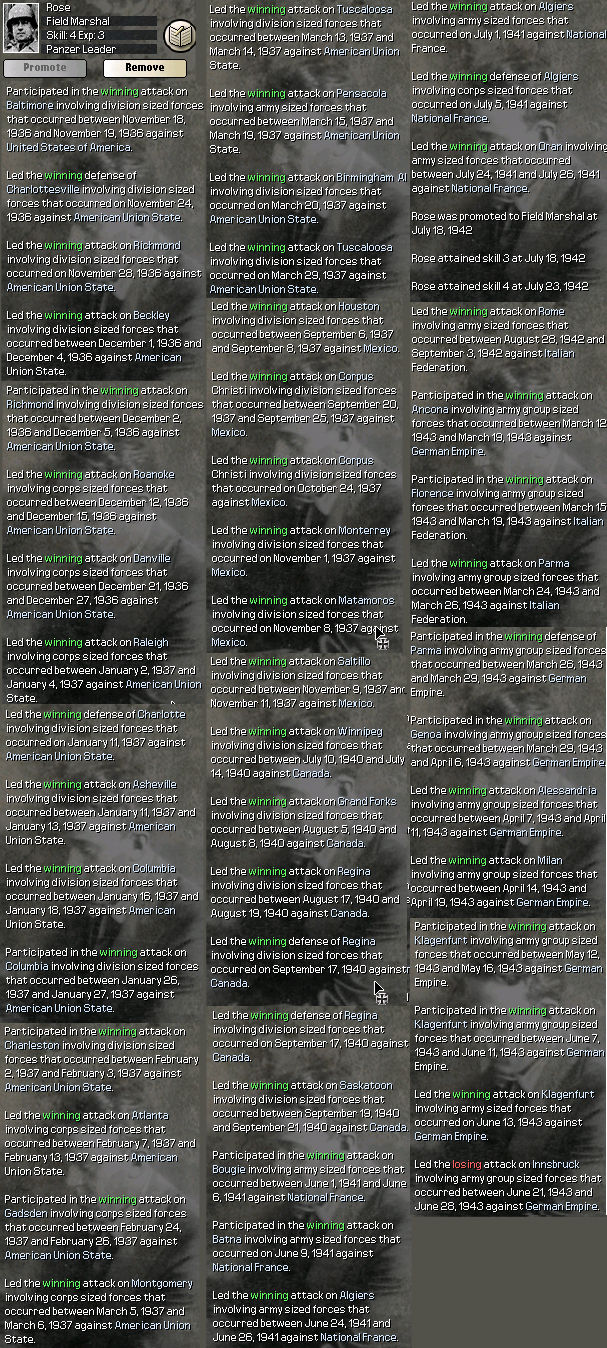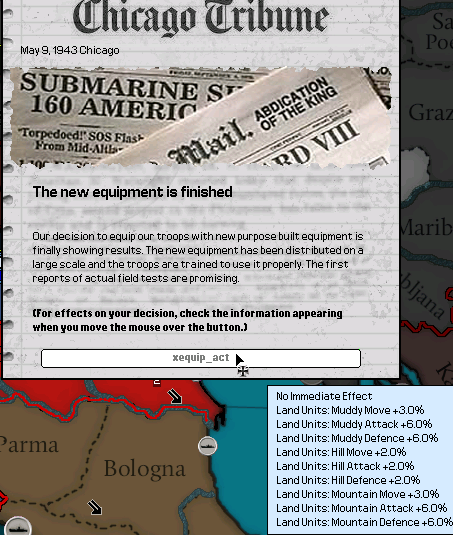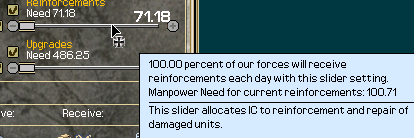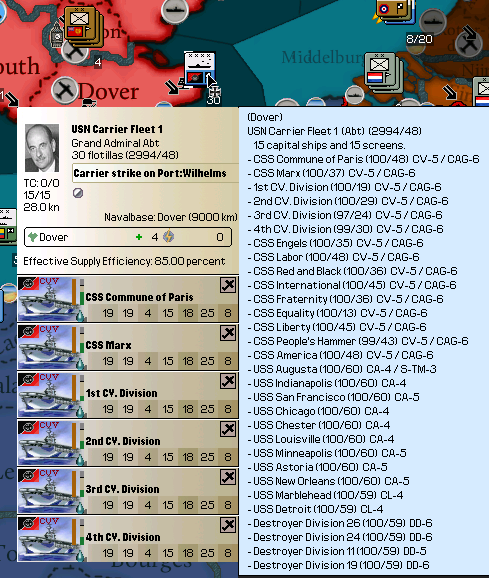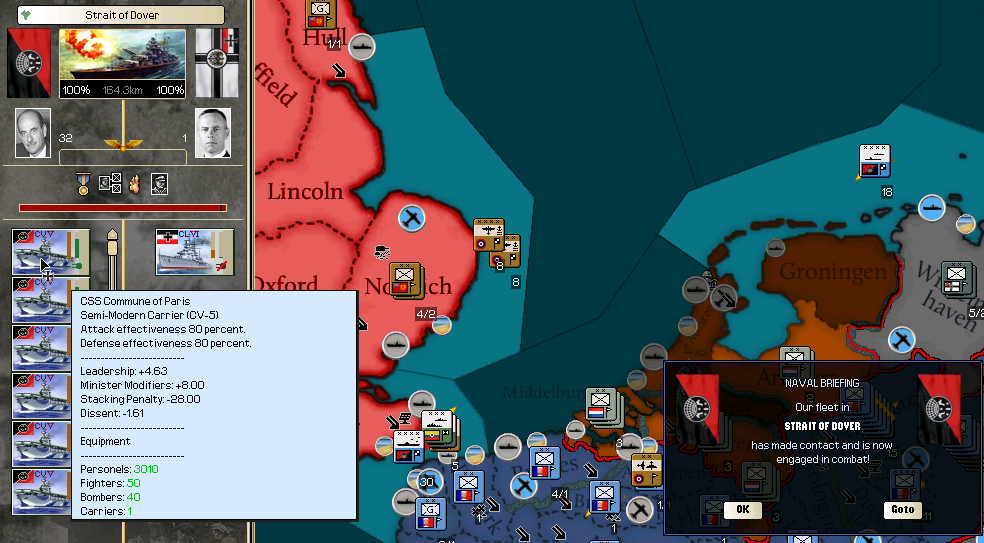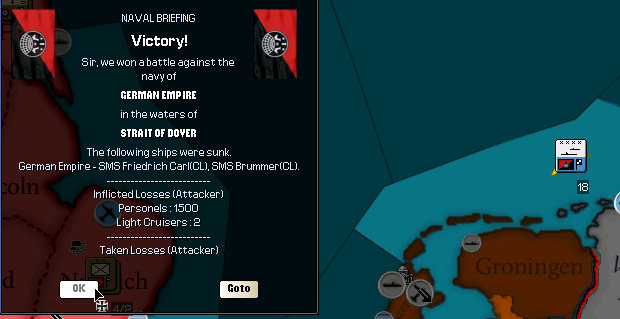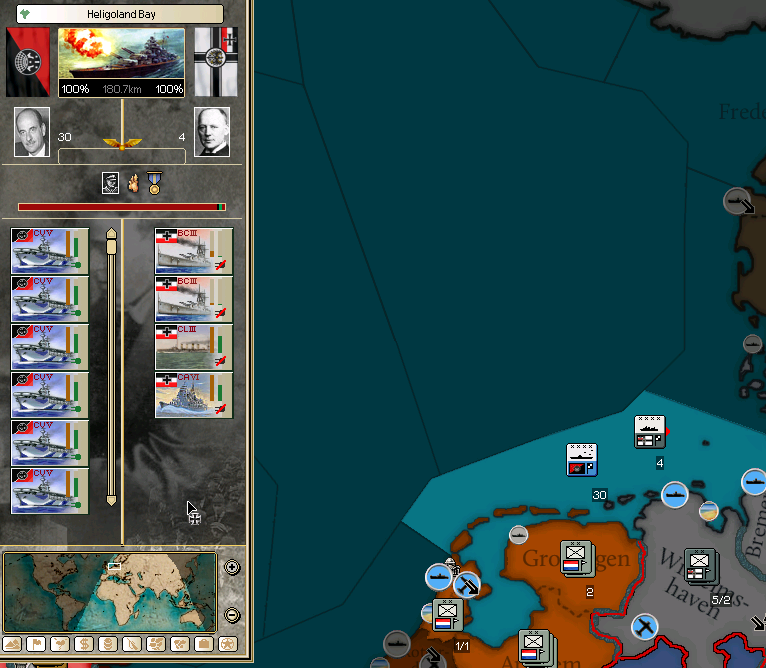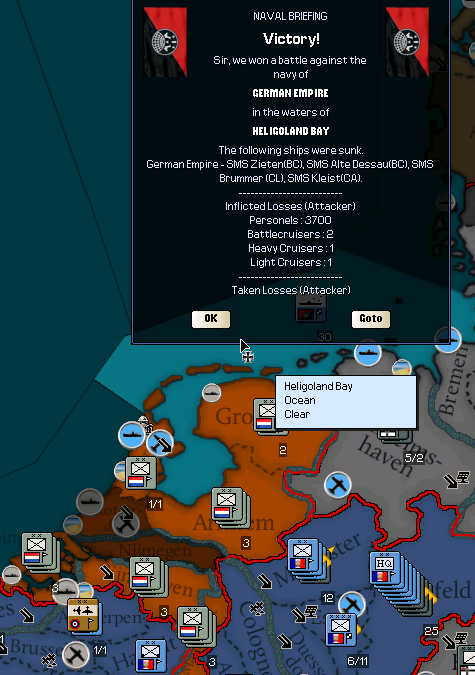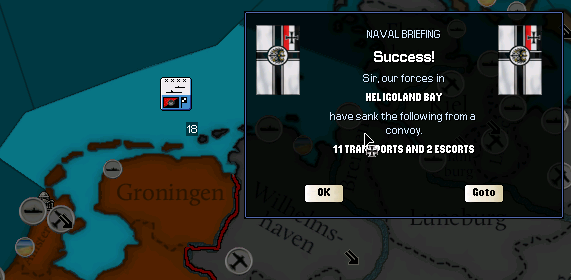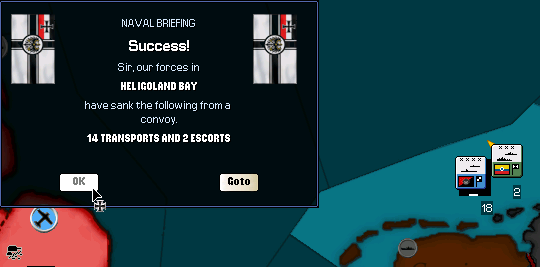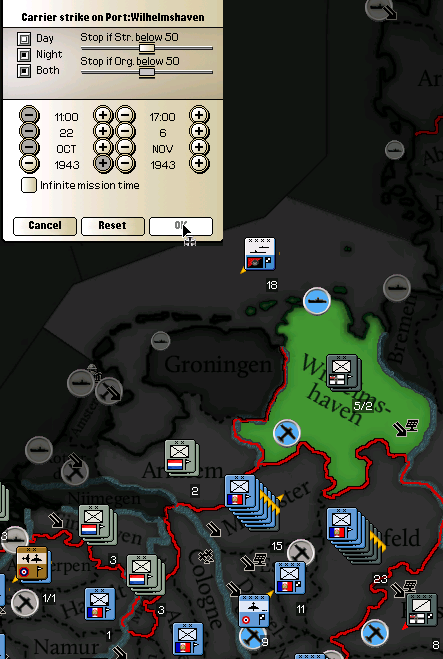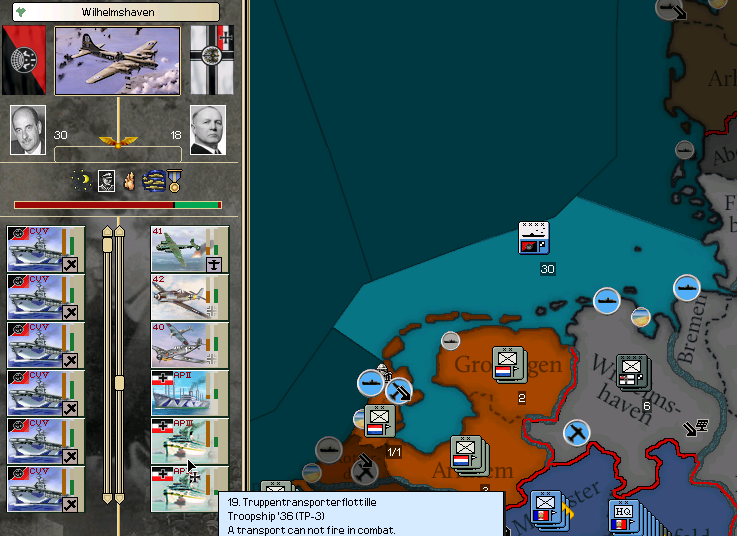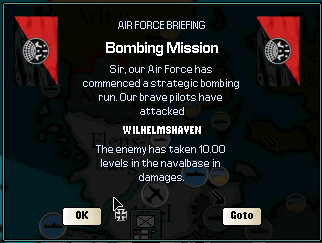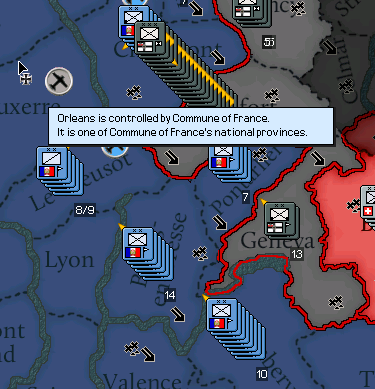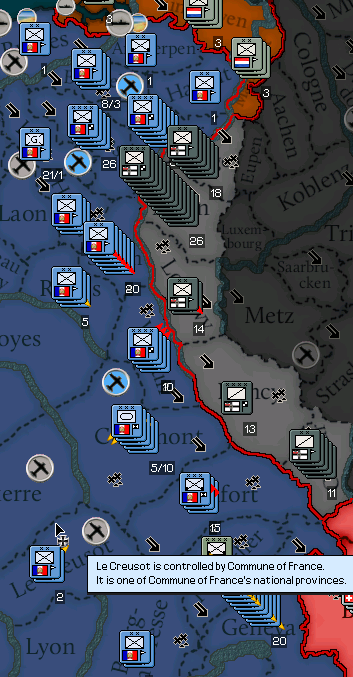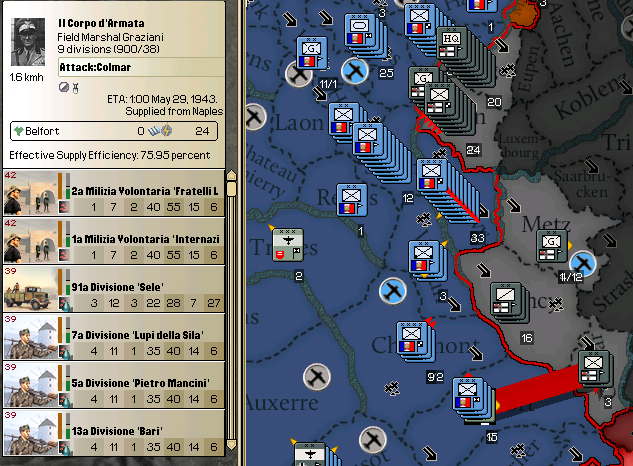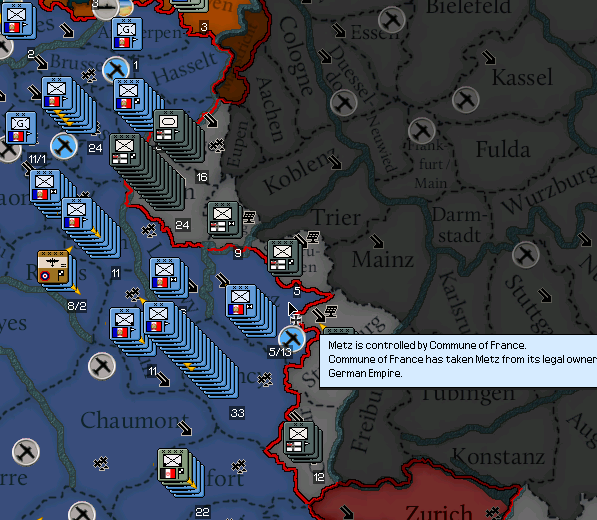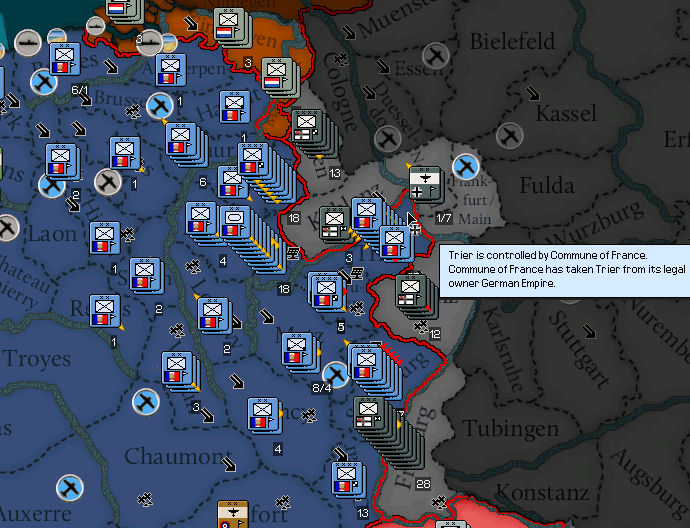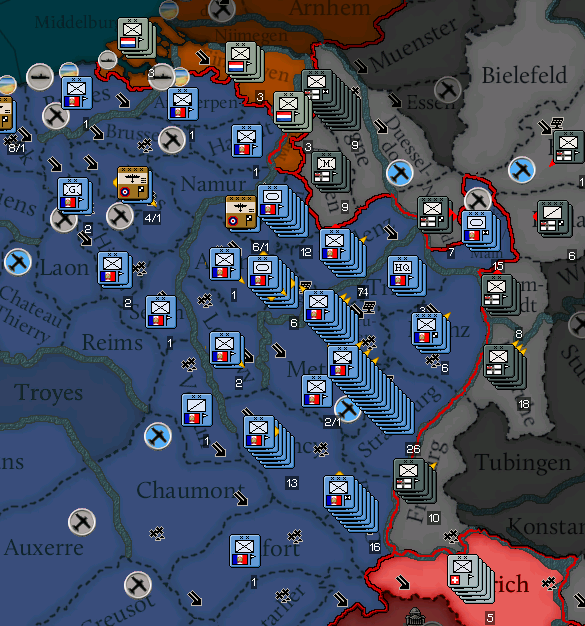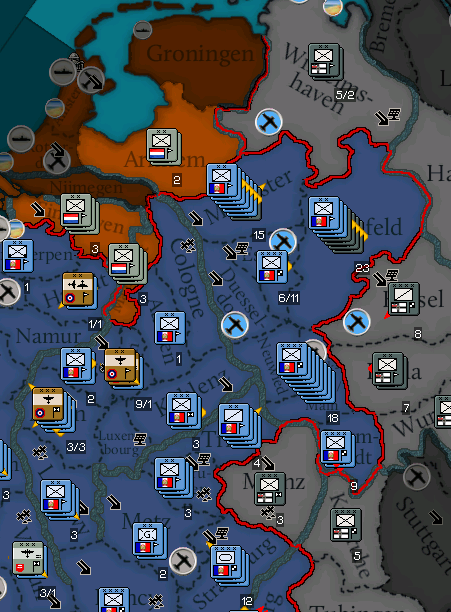Chief Savage Man
Active member
Chapter One: Operation Torch (April 1941)
Excerpt from Pied-Rouge: A Memoir by Claude Boulé

I did not sleep the whole night before. I thought I knew what anxiety was, having spent horrid hours wondering if the next attack would cost me my life, or if the police forces were just around the corner. This was a hundred times worse. Now I not only feared for my life and the lives of my comrades, but I feared that an error on my part might mean the failure of Operation Torch.

I found a dark spot overlooking both the city and our prearranged meeting point. I went over the information I had for our contacts so I wouldn't forget to bring anything up that might decide the success of the operation. I kept a look out for Ali, hoping no cruel fate had befallen him.

Ali appeared after an hour or so and sat next to me overlooking the city from our secluded spot. He hadn't slept either and after a half hour of business talk, we finally just settled into recounting old stories to keep each other awake. Ali was a member of the FLN while I was in the BPR. Our organizations had occasionally frosty relations, but our mutual hatred for and persecution by the state united us at the time. When it became clear that the Internationale invasion was eminent, an alliance was forged. In our city, the friendship between Ali and I was the basis of our local cells' integration.
In Bona, or Annaba as they call it these days, we had a pretty easy task at first. Tracking the movements of the local garrison wasn't challenging. The Bona garrison was accustomed to being ignored, given the troubles in the south and the importance of Tunis or Algiers. A militia of locals, mostly old men ineligible for conscription, kept the peace in Bona, and they had grown lazy from the inaction. The initial ease should have foretold the responsibilities that were laid on us next. Bona was a perfect target for Operation Torch.

After an hour of idle talk, we saw the first explosions in the distance. The operation was beginning. The sirens sounded, the city became pitch black other than searchlights, and anti-aircraft cannons began to fire. This was part preparation and part decoy. Amidst the bombers was a plane containing two men who we were going to meet shortly.
Finally Ali saw the two figures parachuting down from the sky, barely visible when backlit by explosions in the sky. The two of them actually saw us before we saw them and approached us already knowing who we were. There was a Frenchman and a dark-skinned fellow. His complexion suggested a mixed ancestry. An American?
After pleasantries were exchanged with our new comrades, who were named Albert and Pierre, I had to inquire to the reason for Albert's presence. I asked him if he was an observer with the Communal Army.
This made him laugh. Pierre then remarked that he in fact was the observer of the two. It took a second for me to realize what they meant. This wasn't a French operation. The Americans were coming.

We had always assumed the mainland French would come. Why wouldn't they? But it really made perfect sense. If the French had their elite troops deployed in Algeria, the Germans might smell blood on the mainland. The German intelligence services were focused on the French army's troop movements. The Americans assuming responsibility for the operation avoided the problem of compromising the defense of the mainland and also avoided raising eyebrows if American divisions moved onto the border to fill in the holes left. Nobody expected the Americans to launch an invasion of North Africa so soon after the Great North American War had ended. It was brilliant.
After we briefed the pair, they set up their equipment and began to transmit information to the fleet offshore. The distant rumble of naval cannons pierced the early dawn. I had spent so long studying the positions of army positions across the city that I could tell which ones were being hit.

The poor bastards down there really stood no chance. They were a pretty green force all told, they hadn't been deployed against the Tuareg rebellion and were low on the priority list for heavy weapons. They were old men playing at soldiering, whether to fulfill their patriotic duty or to feel like a big man with the authority to harass the local population. On the other hand, the swarm of small craft I could see in the bay contained the best the American Red Army had to offer: the Revolutionary Marines.

The militia was equipped with the castoffs of the main army, which didn't have the most modern equipment to begin with. They were outgunned, outmanned and outclassed as they were bombarded by sea, air and land.

They abandoned their posts in droves and evacuated towards Constantine to await the arrival of more experienced reinforcements. The Marines didn't have to fight very hard for the city. After the initial spectacle had passed, Ali and I made our way down from the hills to the city, to reconnect with our brethren. The Arab population was in a revolt of its own, the FLN having been preparing for this for months.

The white population was in a state of chaos. Many fled, afraid they would be killed by either vengeful locals or the boogeymen they believed to be landing on the beaches to the east. There was a sizable minority of whites who were either members of or sympathetic to the BPR and many of them were already taking control of the city center when I arrived there. There was only token resistance by a few hardcore police who refused to stand down.

The Americans rolled into the city a few hours later. I had already begun to clear some of the more overzealous comrades out of the police headquarters in order to make it available for use as a Red Army HQ. When a few cars rolled up to the police headquarters waving the red and black of the Combined Syndicates, the crowd erupted into cheers. A few hours after that, a number of celebrating Arabs began to pour into the square and mingle with the BPR in a scene of joy. It was the last day that Bona would be a segregated city.
Albert and Pierre were in one of the cars. I recognized the man sitting behind them. It was George Marshall, a man whose legend had grown throughout the free world, 'The Man Who Gave Us North America' as one of my smuggled issues of L'Humanité called him. Albert pointed us out, and Marshall introduced himself and motioned for us to enter the police headquarters with him.

Ali and I stood at attention, waiting for orders, until Marshall said something in perfect French that took us both off guard.
"Gentlemen, Ali and Claude, is it? On behalf of the American Red Army, I would like to thank you both for your assistance today. I'm honored to join this war on your behalf and I would be further grateful if the both of you would advise me. The FLN and BPR know far more of this nation than we ever could."
I was flabbergasted and couldn't say anything until Ali finally walked over to a map of Algeria and Tunisia that one of Marshall's aides had sprawled across the departed commandant's desk.
"The FLN has begun a revolt everywhere we could get enough people on board to stand a chance. Our hopes are that this will hinder the Imperial army's ability to respond to the operation. However, we don't have the ammunition to fight for a long period of time and so it'd be best if the Red Army could act quickly. The local garrison was retreating towards Constantine last we saw of them. If we do not capture Constantine, then we can expect that city to be used as a staging ground for reinforcements from both Tunisia and Algeria. If we do, then we'll be close to separating Tunis and Algiers, and then the Imperial Army will not be able to unite their forces."
Marshall considered his words and nodded before speaking to an aide.
"Tell Law to move out to Constantine as soon as possible."
He turned to us again.
"Do you know of any gasoline stockpiles around here?"
This time I opened my mouth.
"I'm afraid the only ones I'm aware of were likely destroyed in the bombardment, sir."
He nodded.
"Yes, I didn't think they would abandon everything the way they did. We'll just have to work harder to establish supply lines with the Marx Corps then."

He asked us many more questions about everything from enemy presence in Tunisia to relations between the white and Arab populations. I expected to get told what I had to do, but instead I ended up telling him what to do.

The both of us moved out with him when the storied Benjamin Franklin Corps left the city the next morning.

The motorized Karl Marx Corps was moving south towards the Kasserine Pass as we moved west along the coastline.



The industrial might of the Combined Syndicates was evident to us as the reports rolled in of captured towns along the road to Gabes, far faster than we thought an army could move. They got all the way to the outskirts of Gabes before encountering any resistance. That resistance didn't last long either.

The closest thing the Imperial Army had to the Karl Marx Corps was an elite cavalry division that moved to Bougie from Algiers before the Revolutionary Marines could secure the city.

This gave the Imperial Army time to put the bodies of the beleaguered Bona garrison onto the front lines and to move up an infantry division containing some of the enemy's few armored brigades.

With further reinforcements moving east from Algiers, it was clear the Revolutionary Marines wouldn't be able to cut it on their own against what could be up to seven divisions.


The joy of the capture of Bona had subsided by the time we captured Beja. The Corps had barely had time to establish themselves before departing for Beja, and now there would be no time for the marching men to catch their breath in Beja before moving on to Tunis. The minarets in the skyline of the Empire's second city loomed in the distance, as our heavy artillery began to soften up the enemy.

The hope was for the Karl Marx Corps to flank from the south, but first the Marx Corps had to wipe out the enemy in southern Tunisia. The enemy was trapped in the southern tip of Tunisia, captured between unwelcoming Arab towns flying FLN colors and the Sahara desert.

Tunis was a much larger city than Bona, and there was actually resistance. As we advanced deeper into the city, the enemy abandoned trenches and instead fired on us from building windows. General Marshall would remark to me that this was true urban fighting, something unlike anything that had happened in America. Our situation was helped by the presence of the American fleet. The distant explosion of two French cruisers in the harbor gave our men a morale boost and shook the enemy to the core. The elimination of that resistance meant that soon enemy positions were being bombarded much like they were in Bona.

The order to truly press the attack came when we received reports that the Karl Marx Corps had accomplished its objectives and was on the move north.

We were bypassing Bizerte while advancing on Tunis and thus there was some urgency to capture the city before those divisions could escape.

One of those divisions did make it out, but the Karl Marx Corps arrived shortly thereafter to finish the deal.

The enemy gave a general evacuation order covering Tunisia. Tunis was ours, but the true prize was the five divisions that were now doing their best to make it back to Algeria. It had only been a few weeks since the invasion had begun, but for those of us lucky enough to be in the liberated areas at the time, the occupation of the Imperial army felt like a distant memory. That century old reality melted away towards what felt like a glorious new age. We should have known it wouldn't be as simple as that.
Excerpt from Pied-Rouge: A Memoir by Claude Boulé

I did not sleep the whole night before. I thought I knew what anxiety was, having spent horrid hours wondering if the next attack would cost me my life, or if the police forces were just around the corner. This was a hundred times worse. Now I not only feared for my life and the lives of my comrades, but I feared that an error on my part might mean the failure of Operation Torch.

I found a dark spot overlooking both the city and our prearranged meeting point. I went over the information I had for our contacts so I wouldn't forget to bring anything up that might decide the success of the operation. I kept a look out for Ali, hoping no cruel fate had befallen him.

Ali appeared after an hour or so and sat next to me overlooking the city from our secluded spot. He hadn't slept either and after a half hour of business talk, we finally just settled into recounting old stories to keep each other awake. Ali was a member of the FLN while I was in the BPR. Our organizations had occasionally frosty relations, but our mutual hatred for and persecution by the state united us at the time. When it became clear that the Internationale invasion was eminent, an alliance was forged. In our city, the friendship between Ali and I was the basis of our local cells' integration.
In Bona, or Annaba as they call it these days, we had a pretty easy task at first. Tracking the movements of the local garrison wasn't challenging. The Bona garrison was accustomed to being ignored, given the troubles in the south and the importance of Tunis or Algiers. A militia of locals, mostly old men ineligible for conscription, kept the peace in Bona, and they had grown lazy from the inaction. The initial ease should have foretold the responsibilities that were laid on us next. Bona was a perfect target for Operation Torch.

After an hour of idle talk, we saw the first explosions in the distance. The operation was beginning. The sirens sounded, the city became pitch black other than searchlights, and anti-aircraft cannons began to fire. This was part preparation and part decoy. Amidst the bombers was a plane containing two men who we were going to meet shortly.
Finally Ali saw the two figures parachuting down from the sky, barely visible when backlit by explosions in the sky. The two of them actually saw us before we saw them and approached us already knowing who we were. There was a Frenchman and a dark-skinned fellow. His complexion suggested a mixed ancestry. An American?
After pleasantries were exchanged with our new comrades, who were named Albert and Pierre, I had to inquire to the reason for Albert's presence. I asked him if he was an observer with the Communal Army.
This made him laugh. Pierre then remarked that he in fact was the observer of the two. It took a second for me to realize what they meant. This wasn't a French operation. The Americans were coming.

We had always assumed the mainland French would come. Why wouldn't they? But it really made perfect sense. If the French had their elite troops deployed in Algeria, the Germans might smell blood on the mainland. The German intelligence services were focused on the French army's troop movements. The Americans assuming responsibility for the operation avoided the problem of compromising the defense of the mainland and also avoided raising eyebrows if American divisions moved onto the border to fill in the holes left. Nobody expected the Americans to launch an invasion of North Africa so soon after the Great North American War had ended. It was brilliant.
After we briefed the pair, they set up their equipment and began to transmit information to the fleet offshore. The distant rumble of naval cannons pierced the early dawn. I had spent so long studying the positions of army positions across the city that I could tell which ones were being hit.

The poor bastards down there really stood no chance. They were a pretty green force all told, they hadn't been deployed against the Tuareg rebellion and were low on the priority list for heavy weapons. They were old men playing at soldiering, whether to fulfill their patriotic duty or to feel like a big man with the authority to harass the local population. On the other hand, the swarm of small craft I could see in the bay contained the best the American Red Army had to offer: the Revolutionary Marines.

The militia was equipped with the castoffs of the main army, which didn't have the most modern equipment to begin with. They were outgunned, outmanned and outclassed as they were bombarded by sea, air and land.

They abandoned their posts in droves and evacuated towards Constantine to await the arrival of more experienced reinforcements. The Marines didn't have to fight very hard for the city. After the initial spectacle had passed, Ali and I made our way down from the hills to the city, to reconnect with our brethren. The Arab population was in a revolt of its own, the FLN having been preparing for this for months.

The white population was in a state of chaos. Many fled, afraid they would be killed by either vengeful locals or the boogeymen they believed to be landing on the beaches to the east. There was a sizable minority of whites who were either members of or sympathetic to the BPR and many of them were already taking control of the city center when I arrived there. There was only token resistance by a few hardcore police who refused to stand down.

The Americans rolled into the city a few hours later. I had already begun to clear some of the more overzealous comrades out of the police headquarters in order to make it available for use as a Red Army HQ. When a few cars rolled up to the police headquarters waving the red and black of the Combined Syndicates, the crowd erupted into cheers. A few hours after that, a number of celebrating Arabs began to pour into the square and mingle with the BPR in a scene of joy. It was the last day that Bona would be a segregated city.
Albert and Pierre were in one of the cars. I recognized the man sitting behind them. It was George Marshall, a man whose legend had grown throughout the free world, 'The Man Who Gave Us North America' as one of my smuggled issues of L'Humanité called him. Albert pointed us out, and Marshall introduced himself and motioned for us to enter the police headquarters with him.

Ali and I stood at attention, waiting for orders, until Marshall said something in perfect French that took us both off guard.
"Gentlemen, Ali and Claude, is it? On behalf of the American Red Army, I would like to thank you both for your assistance today. I'm honored to join this war on your behalf and I would be further grateful if the both of you would advise me. The FLN and BPR know far more of this nation than we ever could."
I was flabbergasted and couldn't say anything until Ali finally walked over to a map of Algeria and Tunisia that one of Marshall's aides had sprawled across the departed commandant's desk.
"The FLN has begun a revolt everywhere we could get enough people on board to stand a chance. Our hopes are that this will hinder the Imperial army's ability to respond to the operation. However, we don't have the ammunition to fight for a long period of time and so it'd be best if the Red Army could act quickly. The local garrison was retreating towards Constantine last we saw of them. If we do not capture Constantine, then we can expect that city to be used as a staging ground for reinforcements from both Tunisia and Algeria. If we do, then we'll be close to separating Tunis and Algiers, and then the Imperial Army will not be able to unite their forces."
Marshall considered his words and nodded before speaking to an aide.
"Tell Law to move out to Constantine as soon as possible."
He turned to us again.
"Do you know of any gasoline stockpiles around here?"
This time I opened my mouth.
"I'm afraid the only ones I'm aware of were likely destroyed in the bombardment, sir."
He nodded.
"Yes, I didn't think they would abandon everything the way they did. We'll just have to work harder to establish supply lines with the Marx Corps then."

He asked us many more questions about everything from enemy presence in Tunisia to relations between the white and Arab populations. I expected to get told what I had to do, but instead I ended up telling him what to do.

The both of us moved out with him when the storied Benjamin Franklin Corps left the city the next morning.

The motorized Karl Marx Corps was moving south towards the Kasserine Pass as we moved west along the coastline.



The industrial might of the Combined Syndicates was evident to us as the reports rolled in of captured towns along the road to Gabes, far faster than we thought an army could move. They got all the way to the outskirts of Gabes before encountering any resistance. That resistance didn't last long either.

The closest thing the Imperial Army had to the Karl Marx Corps was an elite cavalry division that moved to Bougie from Algiers before the Revolutionary Marines could secure the city.

This gave the Imperial Army time to put the bodies of the beleaguered Bona garrison onto the front lines and to move up an infantry division containing some of the enemy's few armored brigades.

With further reinforcements moving east from Algiers, it was clear the Revolutionary Marines wouldn't be able to cut it on their own against what could be up to seven divisions.


The joy of the capture of Bona had subsided by the time we captured Beja. The Corps had barely had time to establish themselves before departing for Beja, and now there would be no time for the marching men to catch their breath in Beja before moving on to Tunis. The minarets in the skyline of the Empire's second city loomed in the distance, as our heavy artillery began to soften up the enemy.

The hope was for the Karl Marx Corps to flank from the south, but first the Marx Corps had to wipe out the enemy in southern Tunisia. The enemy was trapped in the southern tip of Tunisia, captured between unwelcoming Arab towns flying FLN colors and the Sahara desert.

Tunis was a much larger city than Bona, and there was actually resistance. As we advanced deeper into the city, the enemy abandoned trenches and instead fired on us from building windows. General Marshall would remark to me that this was true urban fighting, something unlike anything that had happened in America. Our situation was helped by the presence of the American fleet. The distant explosion of two French cruisers in the harbor gave our men a morale boost and shook the enemy to the core. The elimination of that resistance meant that soon enemy positions were being bombarded much like they were in Bona.

The order to truly press the attack came when we received reports that the Karl Marx Corps had accomplished its objectives and was on the move north.

We were bypassing Bizerte while advancing on Tunis and thus there was some urgency to capture the city before those divisions could escape.

One of those divisions did make it out, but the Karl Marx Corps arrived shortly thereafter to finish the deal.

The enemy gave a general evacuation order covering Tunisia. Tunis was ours, but the true prize was the five divisions that were now doing their best to make it back to Algeria. It had only been a few weeks since the invasion had begun, but for those of us lucky enough to be in the liberated areas at the time, the occupation of the Imperial army felt like a distant memory. That century old reality melted away towards what felt like a glorious new age. We should have known it wouldn't be as simple as that.





































